
- August 24, 2023
- Dennis Frank
- 2
Table of Contents
What Is a DeFi Wallet? An Overview of Decentralized Finance Wallets
Decentralized finance (DeFi) has emerged as a revolutionary concept, transforming traditional financial systems into a more inclusive and accessible framework. At the heart of this transformation lies the DeFi wallet. In this article, we will provide an in-depth overview of decentralized finance wallets, exploring their significance, functionality, and various types. Additionally, we will delve into the advantages offered by DeFi wallets and shed light on the risks and challenges associated with their usage.
Understanding Decentralized Finance (DeFi)
The traditional financial ecosystem, characterized by centralized intermediaries, has long dominated the industry. However, with the advent of blockchain technology, DeFi has emerged as a decentralization movement seeking to redefine finance. DeFi aims to remove the need for intermediaries by leveraging smart contracts on blockchain networks. Here is another good article visiting the subject of Defi. Defi 101: An Introduction to Decentralized Finance
The Evolution of Finance: From Traditional to Decentralized
In order to grasp the significance of DeFi wallets, it is essential to understand the journey finance has taken. Traditional financial systems rely on centralized entities such as banks and government institutions to facilitate transactions and manage wealth. These systems often have barriers to entry, limited accessibility, and inefficient processes. In contrast, DeFi offers a transparent and inclusive alternative, enabling peer-to-peer transactions on an open and permissionless network.
Key Principles of Decentralized Finance
Decentralized Finance is built on several key principles. Firstly, it embraces open-source technology, enabling anyone to view, modify, and contribute to the codebase. Secondly, it employs automation through smart contracts, facilitating the execution of predefined conditions without the need for intermediaries. Additionally, DeFi prioritizes financial sovereignty, granting users full control over their funds and eliminating the necessity of trust in third parties. Finally, DeFi promotes interoperability, allowing users to seamlessly interact with different decentralized applications and protocols.
Introduction to DeFi Wallets
At the core of DeFi lies the DeFi wallet, serving as a crucial tool for users to access and manage their digital assets. A DeFi wallet acts as a gateway to the decentralized world, enabling users to store, receive, and send cryptocurrencies and digital tokens. Additionally, these wallets often provide functionality to interact with various DeFi applications, lending platforms, and decentralized exchanges.
What is a DeFi Wallet?
A DeFi wallet is a software application that allows individuals to store, manage, and interact with their decentralized finances. Unlike traditional wallets, which primarily focus on holding physical cash and credit cards, DeFi wallets are designed to support digital assets, particularly cryptocurrencies. These wallets provide users with a secure and user-friendly interface to access their funds and engage in DeFi activities. Here is a little deeper dive into Defi wallets. The Ultimate Guide to Choosing the Best Crypto Defi Wallet
How Does a DeFi Wallet Work?
DeFi wallets leverage blockchain technology to facilitate secure storage and management of digital assets. They generate and store cryptographic keys, including private keys, which are essential for signing transactions on the blockchain. These wallets are typically connected to blockchain networks, allowing users to view their balances, make transfers, and interact with various decentralized platforms.
Types of DeFi Wallets
There are several types of DeFi wallets available to cater to the diverse needs and preferences of users. Let’s explore some of the most common types:
Software Wallets
Software wallets, also known as digital wallets, are applications that can be installed on desktops or mobile devices. These wallets offer convenience and accessibility, allowing users to manage their digital assets at any time and from anywhere. Software wallets can further be categorized into hot wallets and cold wallets.
Hardware Wallets
Hardware wallets are physical devices specifically designed to securely store cryptocurrency keys. These devices are often disconnected from the internet, minimizing the risk of hacking or unauthorized access. By keeping the keys offline, hardware wallets provide a high level of security, making them a popular choice for long-term storage of digital assets.
Mobile Wallets
Mobile wallets are designed specifically for mobile devices, offering users a convenient and on-the-go way to manage their digital assets. These wallets are often equipped with additional features, such as QR code scanning, which simplifies the process of sending and receiving cryptocurrencies.
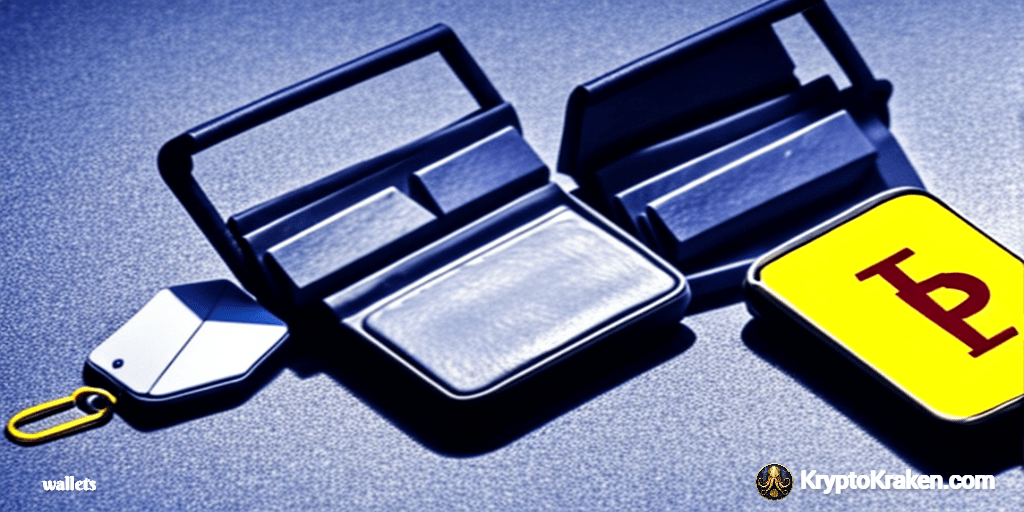
Advantages of Using DeFi Wallets
Using DeFi wallets presents several advantages that have contributed to their growing popularity within the cryptocurrency community. Let’s explore some of the key benefits:
Financial Sovereignty
One of the primary advantages of DeFi wallets is financial sovereignty. By providing individuals with complete control over their funds, DeFi wallets eliminate the need for intermediaries such as banks or payment processors. Users can transact directly with others, maintaining ownership and privacy over their financial activities.
Accessibility and Inclusivity
DeFi wallets foster a more inclusive financial ecosystem by offering accessible and user-friendly interfaces. Unlike traditional financial systems, DeFi does not discriminate based on geographical location or social status. With a smartphone and an internet connection, individuals from any corner of the world can seamlessly access and participate in DeFi services.
Earning Potential
DeFi wallets unlock a plethora of opportunities for users to earn through decentralized finance protocols. By providing liquidity to lending platforms or participating in yield farming, individuals can earn interest or rewards on their holdings. This potential for passive income has attracted many individuals seeking to maximize their financial gains.
Risks and Challenges of DeFi Wallets
While DeFi wallets offer significant advantages, it is essential to acknowledge and address the potential risks and challenges involved. Let’s examine some of the key concerns:
Smart Contract Risk
DeFi applications heavily rely on smart contracts, programmable codes executed on blockchain networks. However, these smart contracts may contain coding errors or vulnerabilities that can be exploited by malicious actors. Users must exercise caution when interacting with unfamiliar protocols and thoroughly evaluate the security measures implemented.
Liquidity Risk
Liquidity risk is another significant concern in DeFi. Fluctuations in the liquidity of decentralized exchanges or lending platforms may lead to slippage or even complete loss of funds. Users must carefully assess the liquidity and reputation of platforms before engaging in transactions or supplying assets.
Regulatory Uncertainty
As DeFi operates in a regulatory gray area, there is a level of uncertainty surrounding its legal and regulatory framework. Governments and regulatory bodies have different approaches to DeFi, which may result in changing policies or potential restrictions. Users should stay informed about the evolving regulatory landscape and comply with applicable laws.
In conclusion, DeFi wallets play an integral role in the adoption and advancement of decentralized finance. These wallets empower individuals by providing them with control over their financial activities and eliminating traditional intermediaries. However, users must approach DeFi with caution, understanding the risks and considering the rapidly changing regulatory environment. Embracing DeFi wallets offers individuals the opportunity to participate in the decentralized economy and benefit from the innovative possibilities it presents.








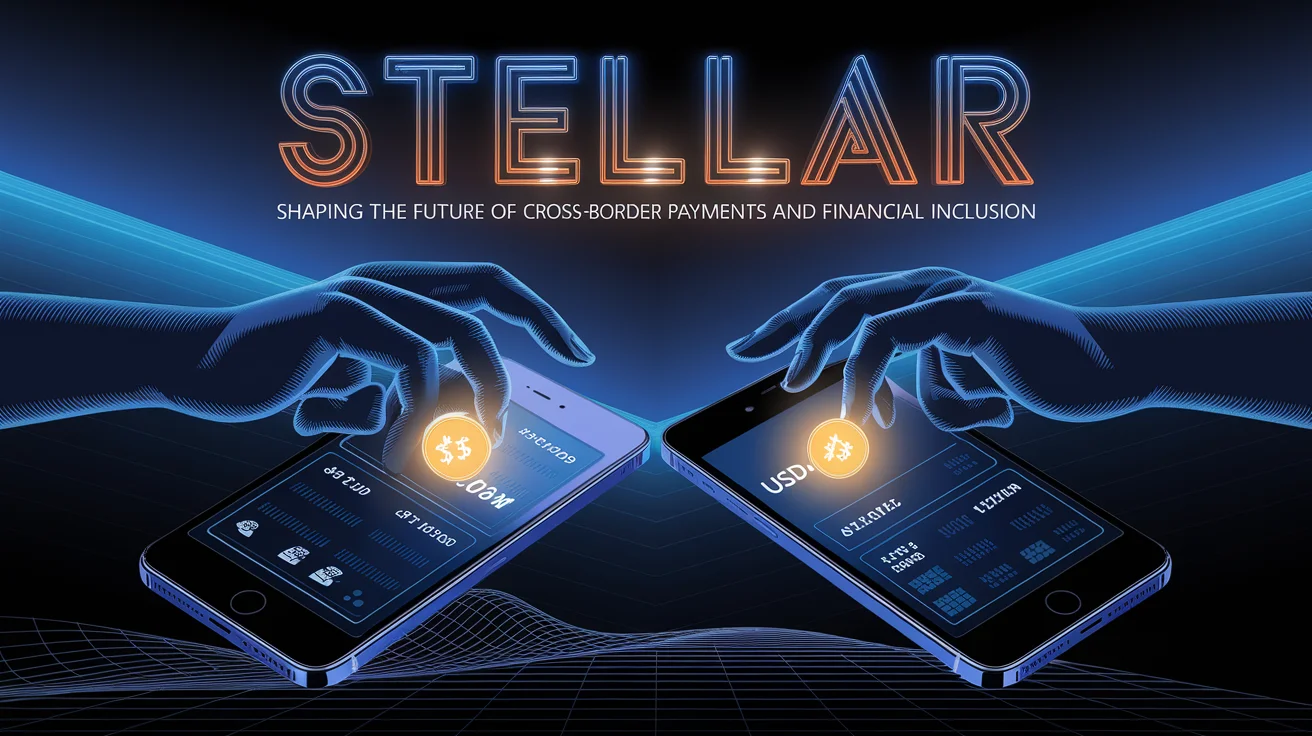
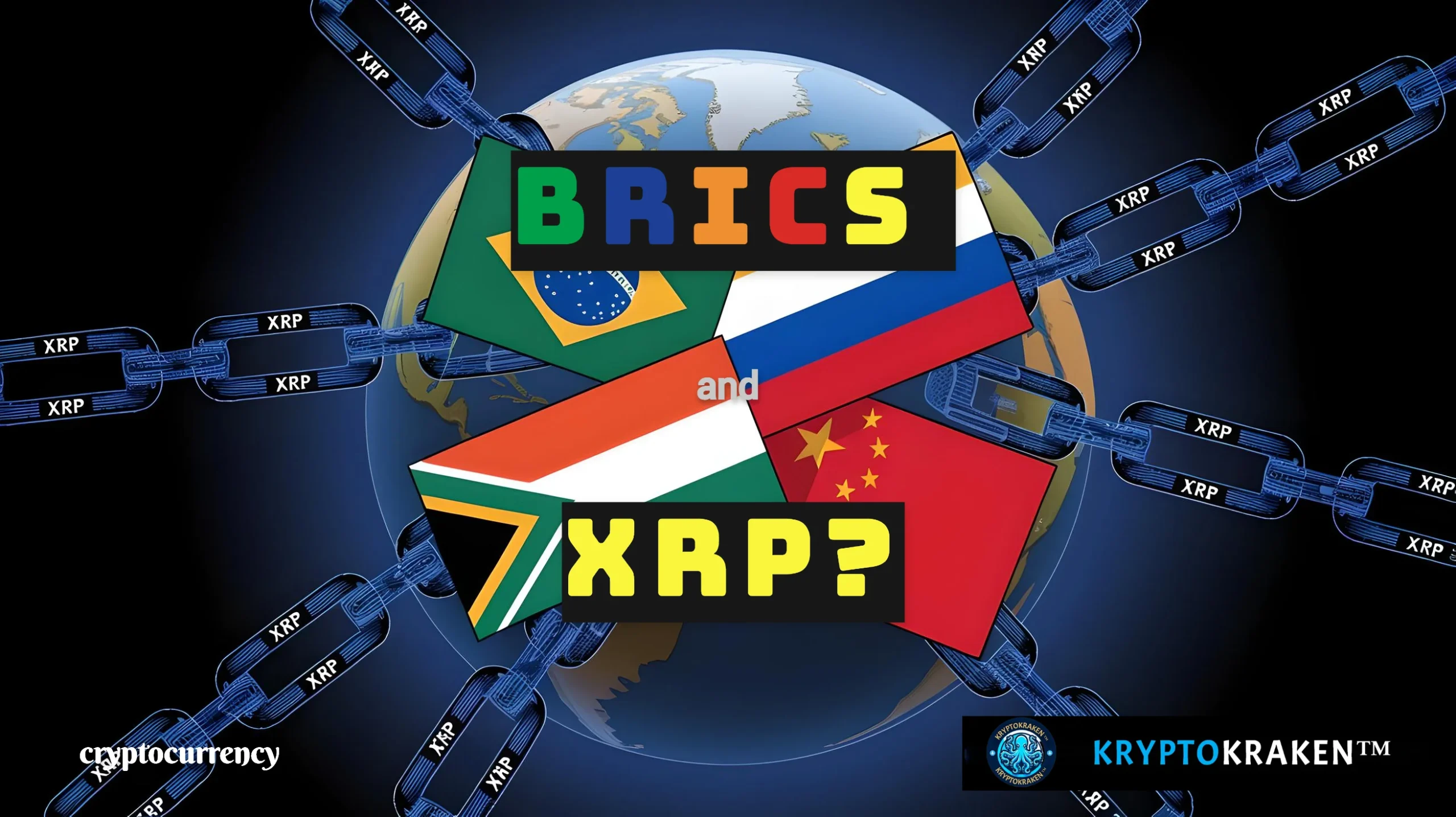

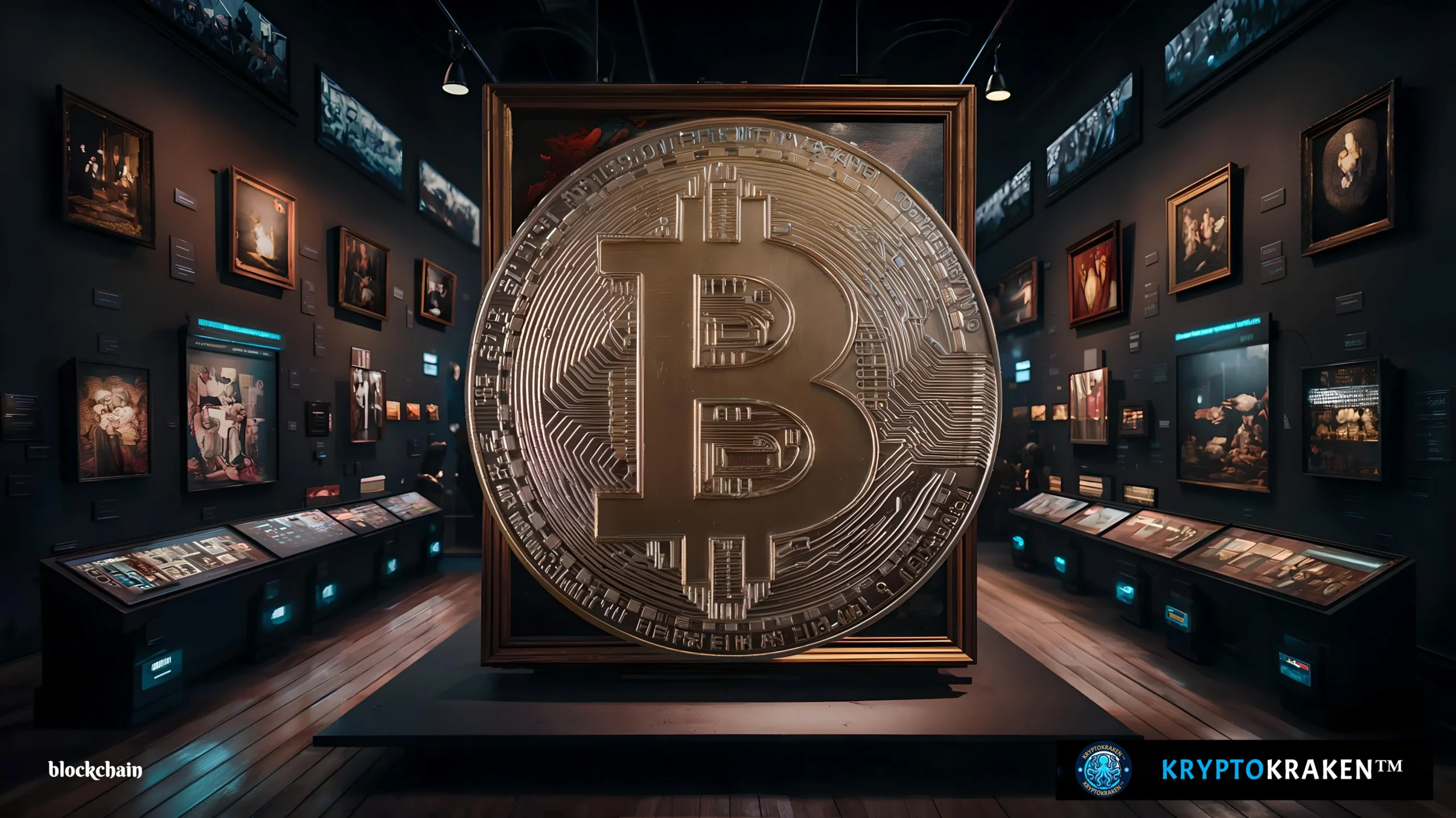


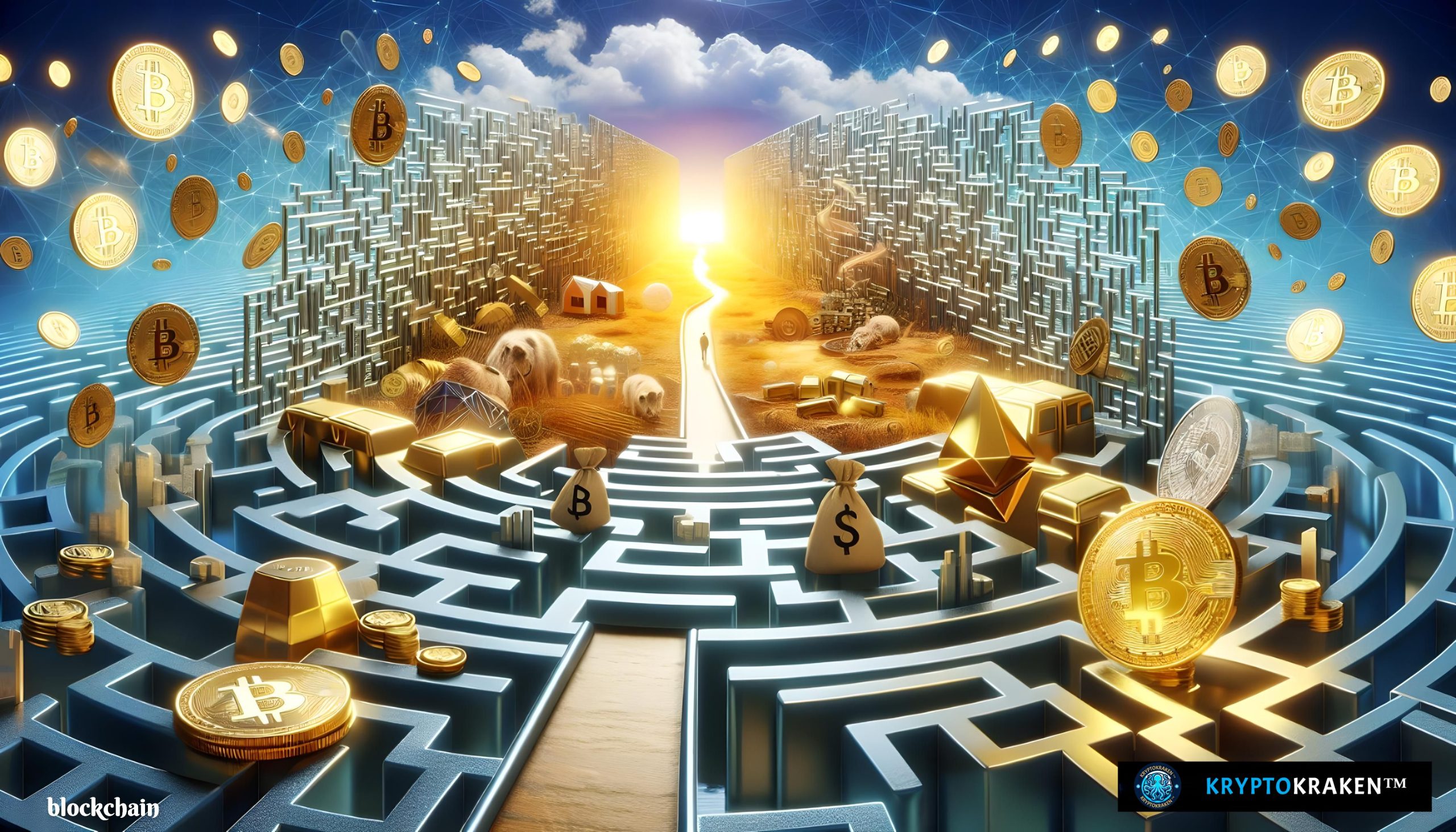


















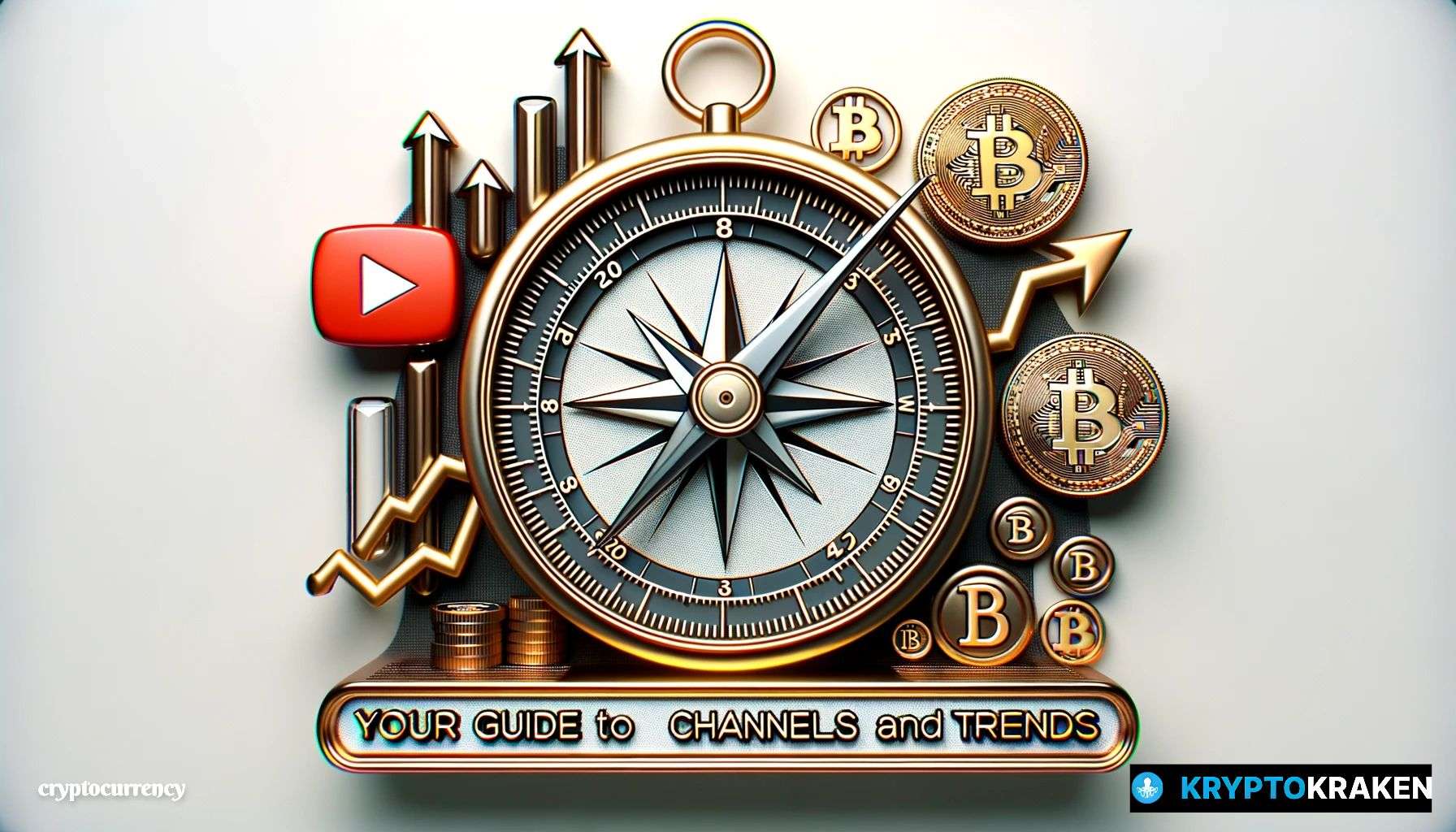

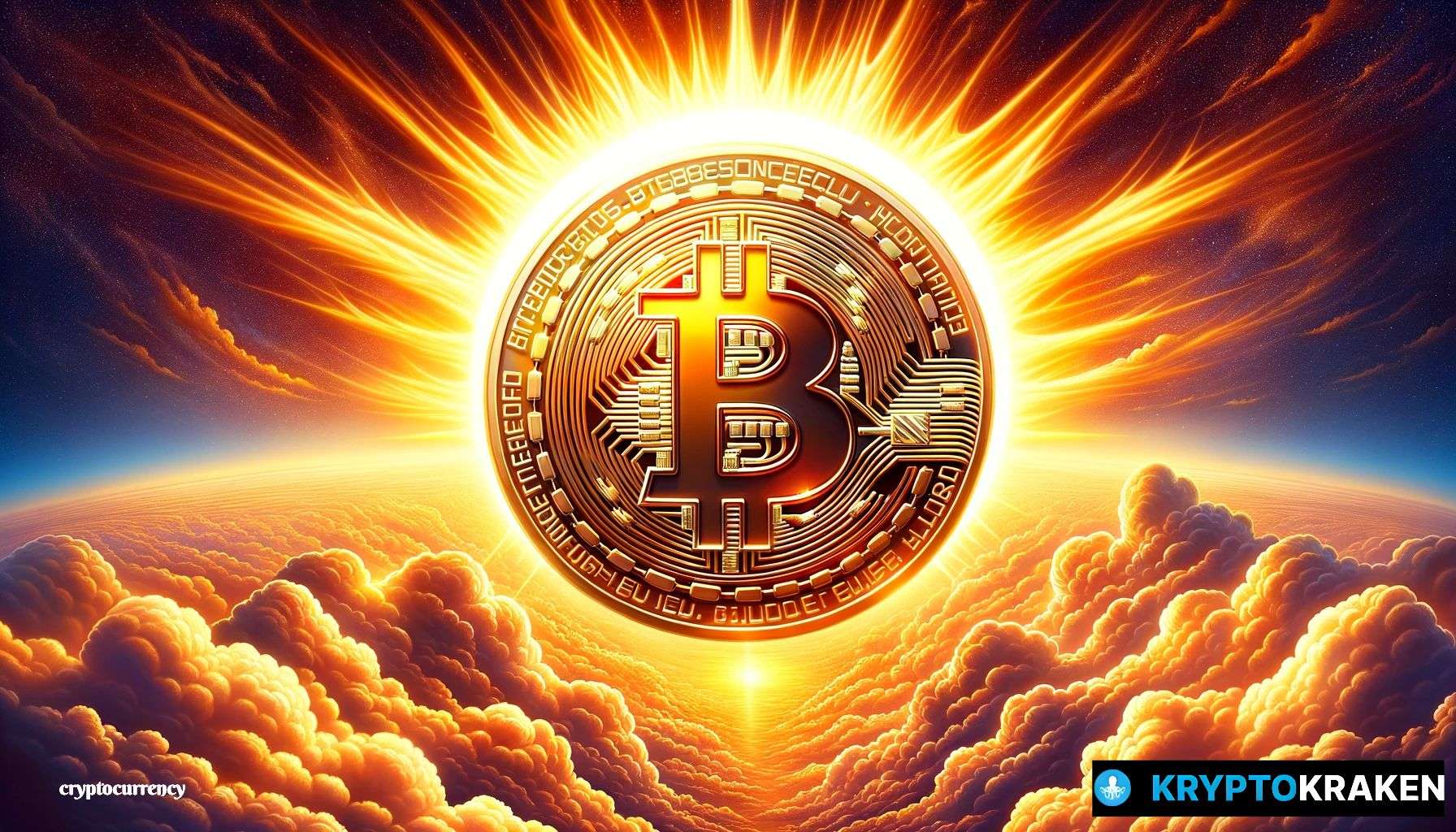


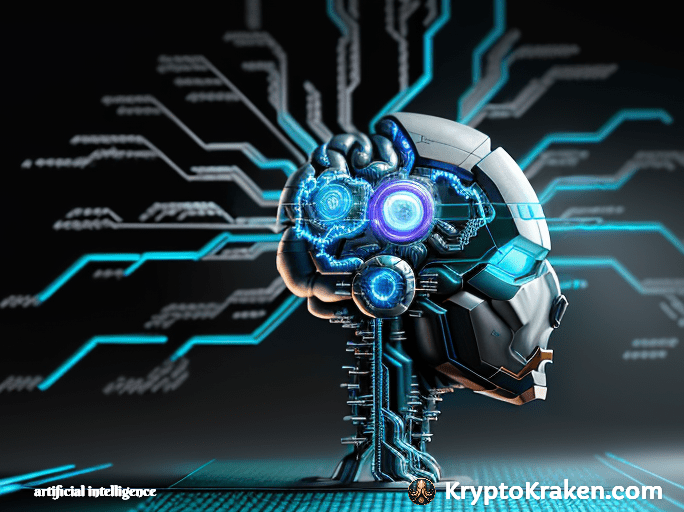


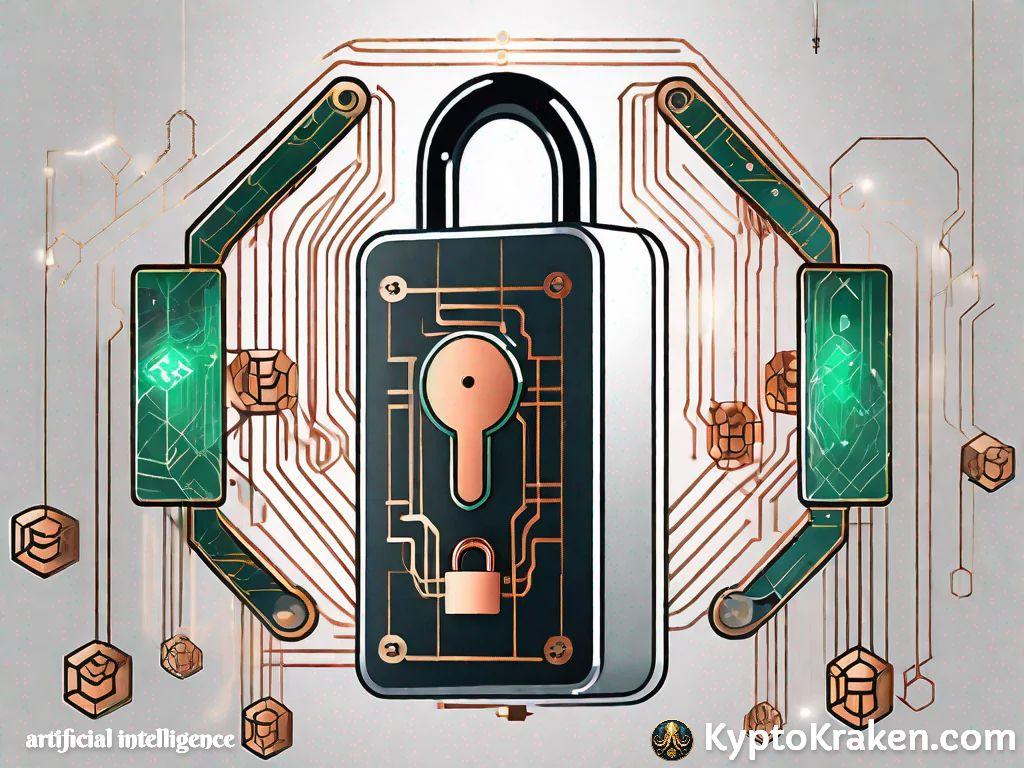
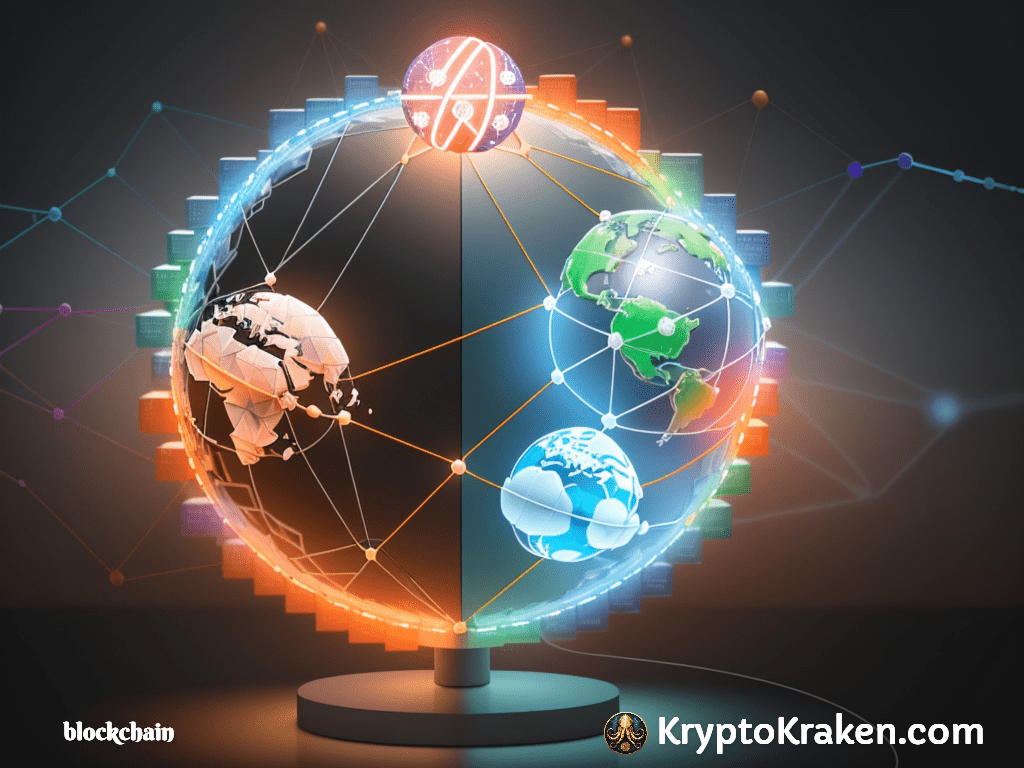
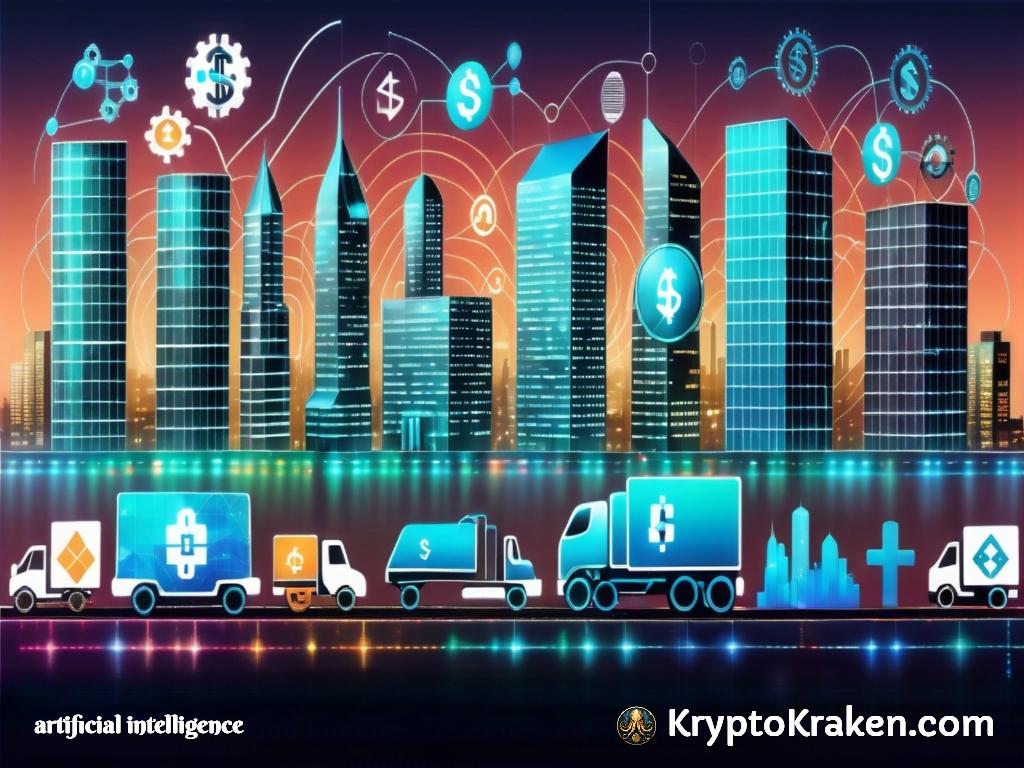
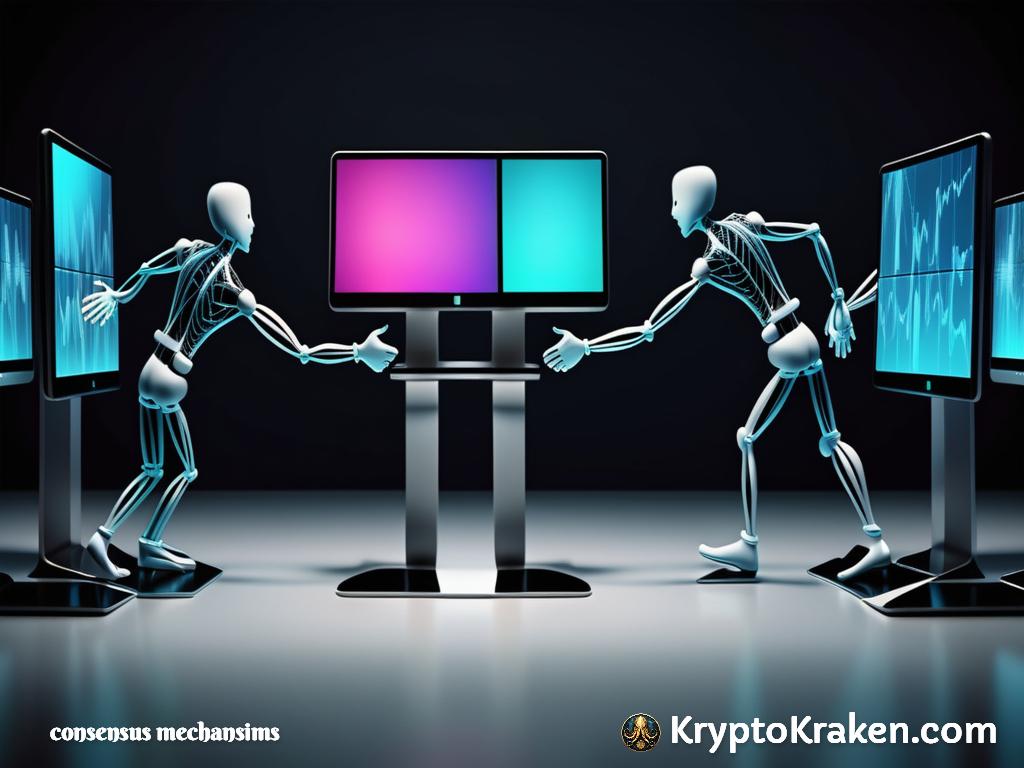

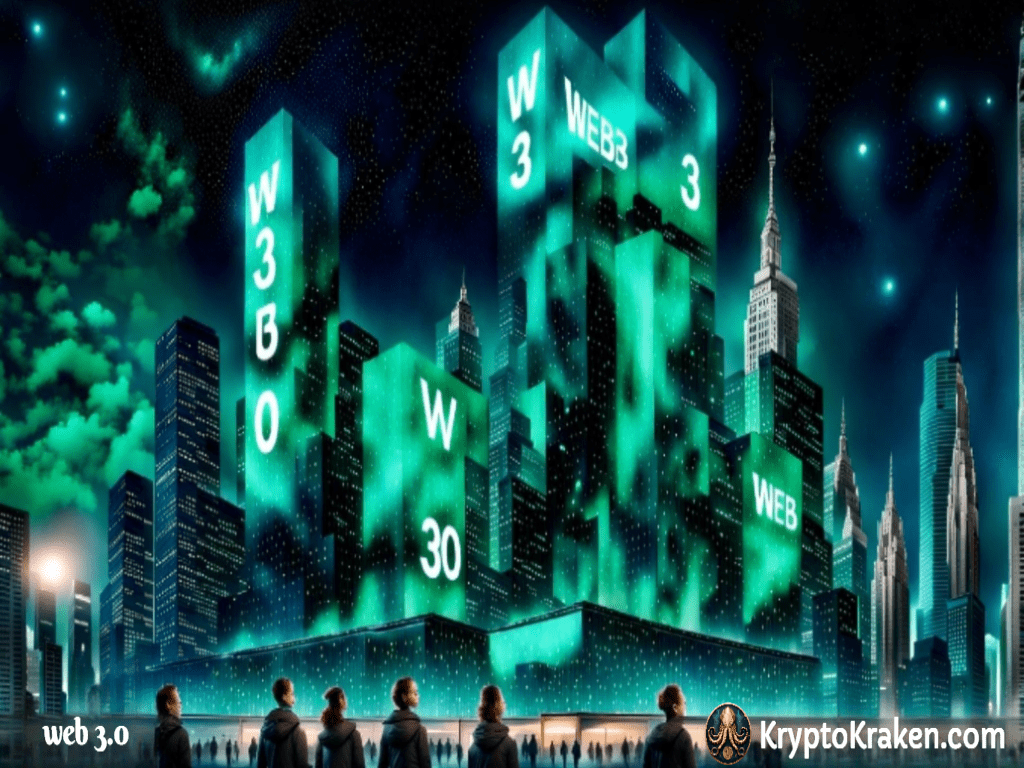

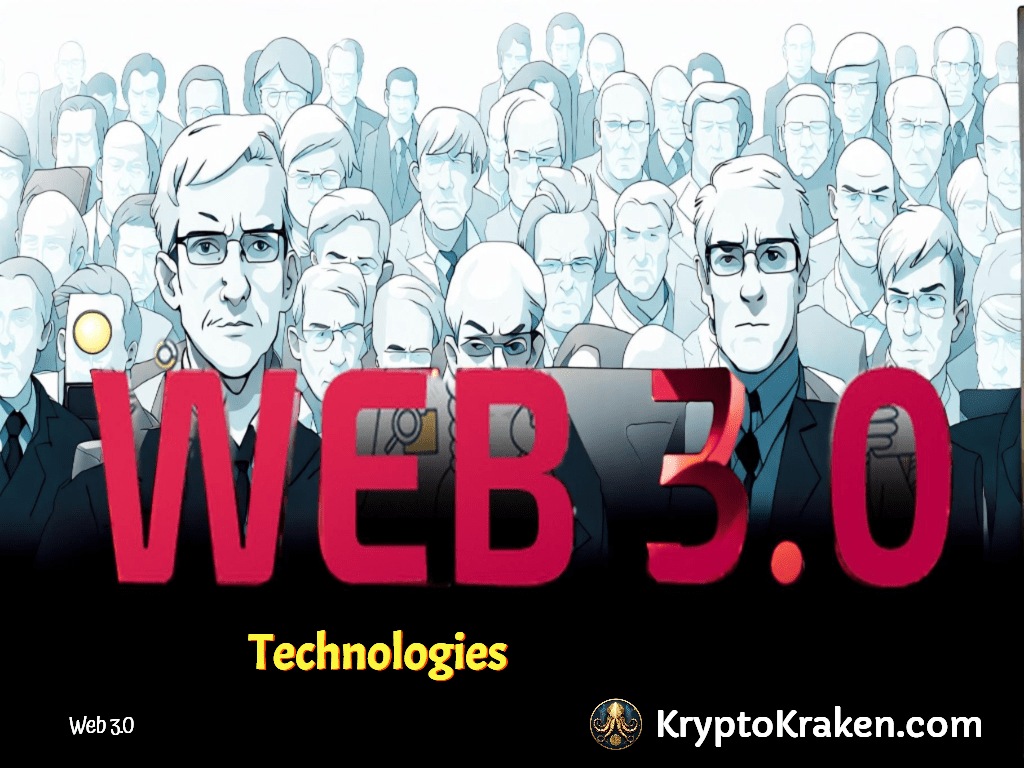
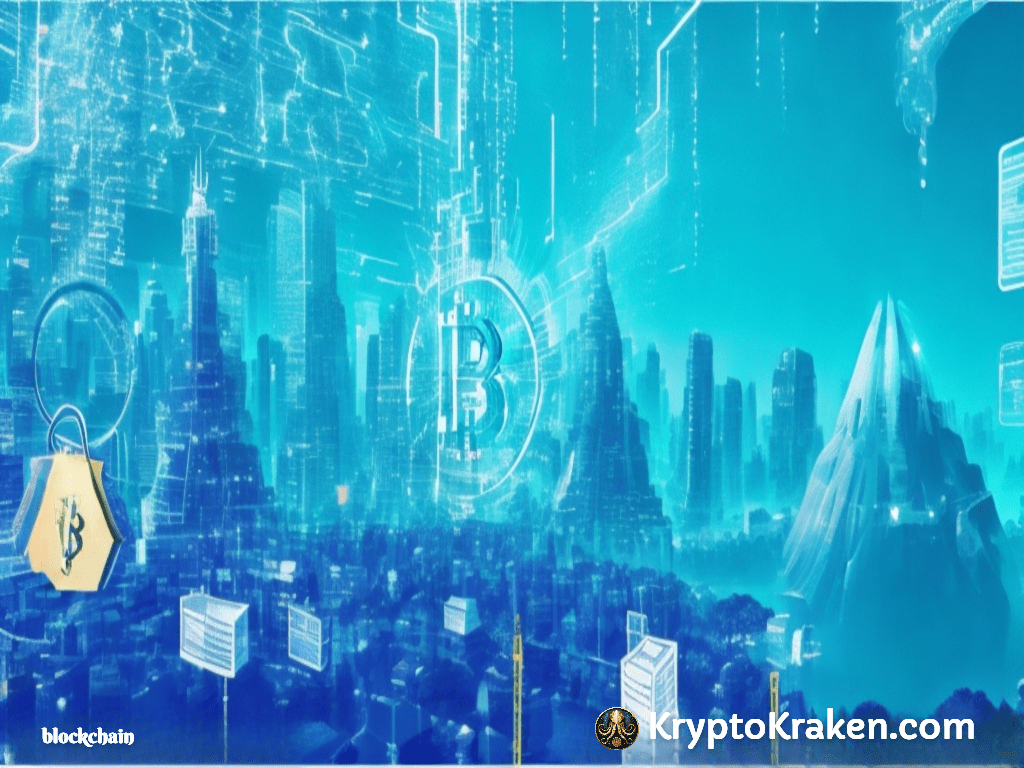
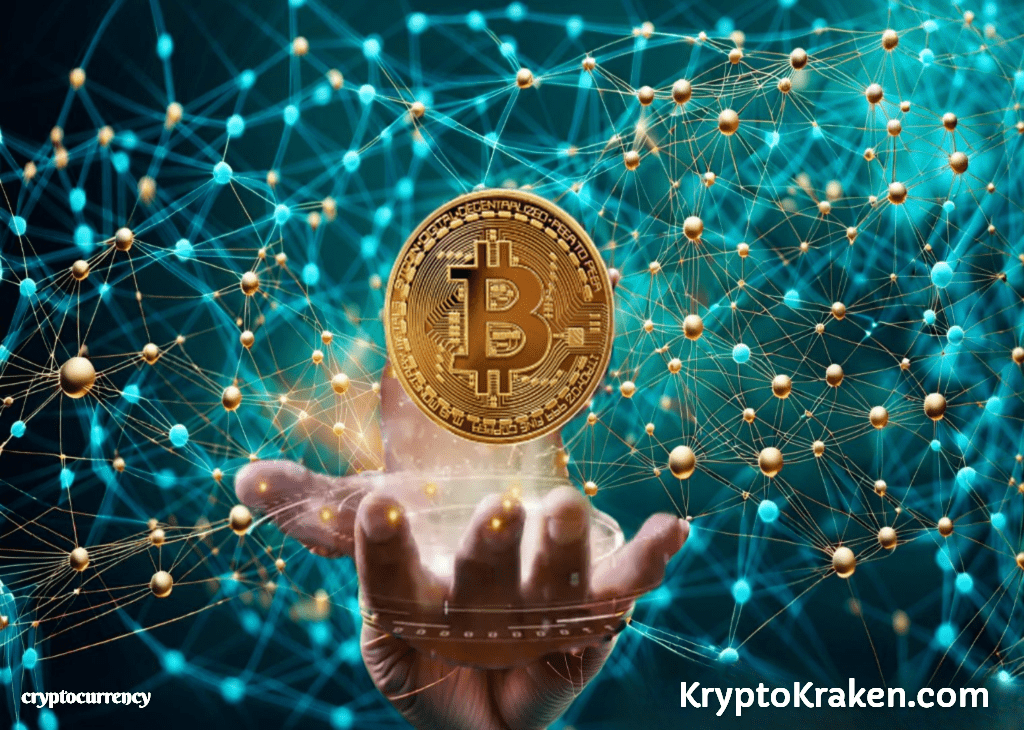



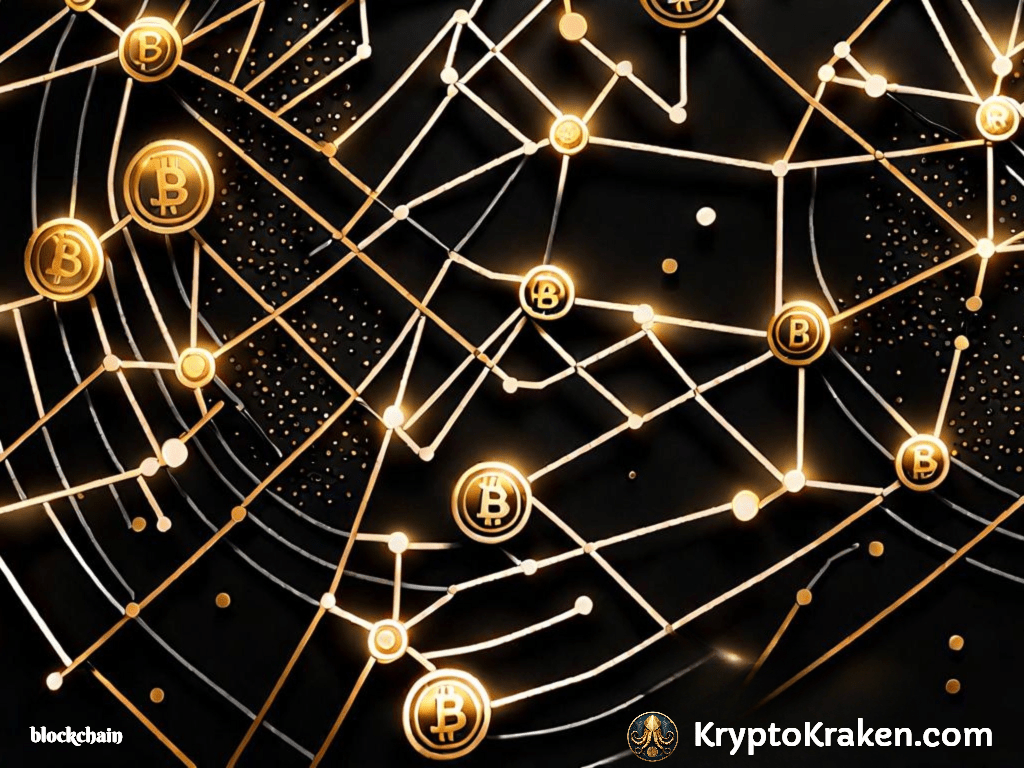

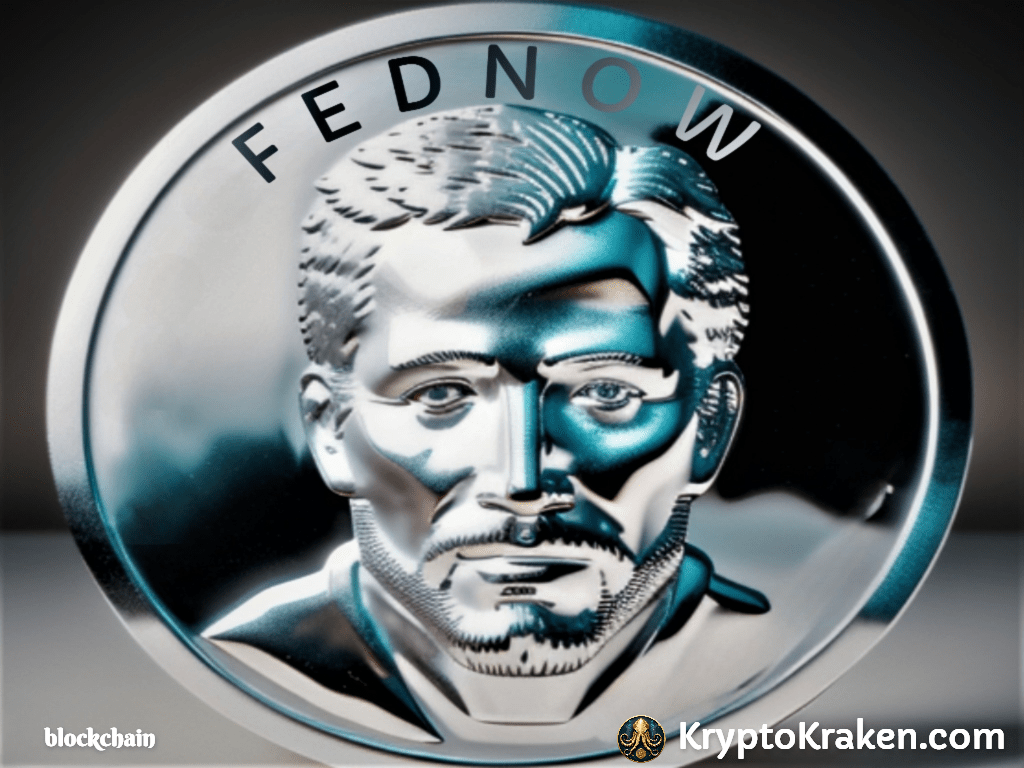
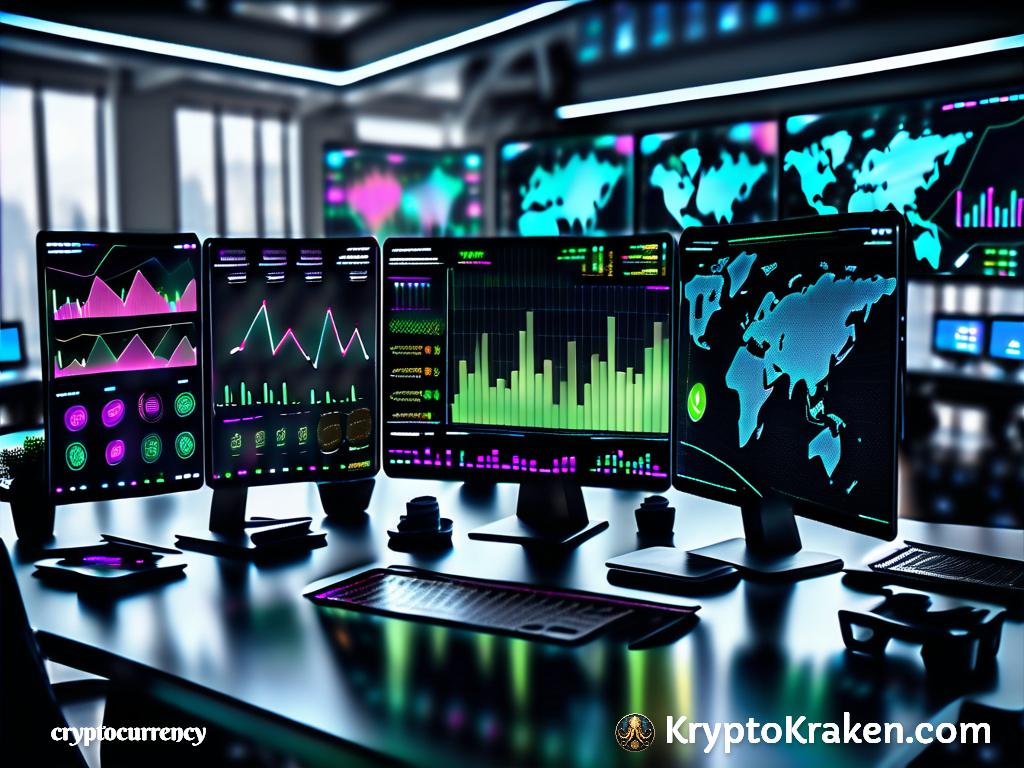

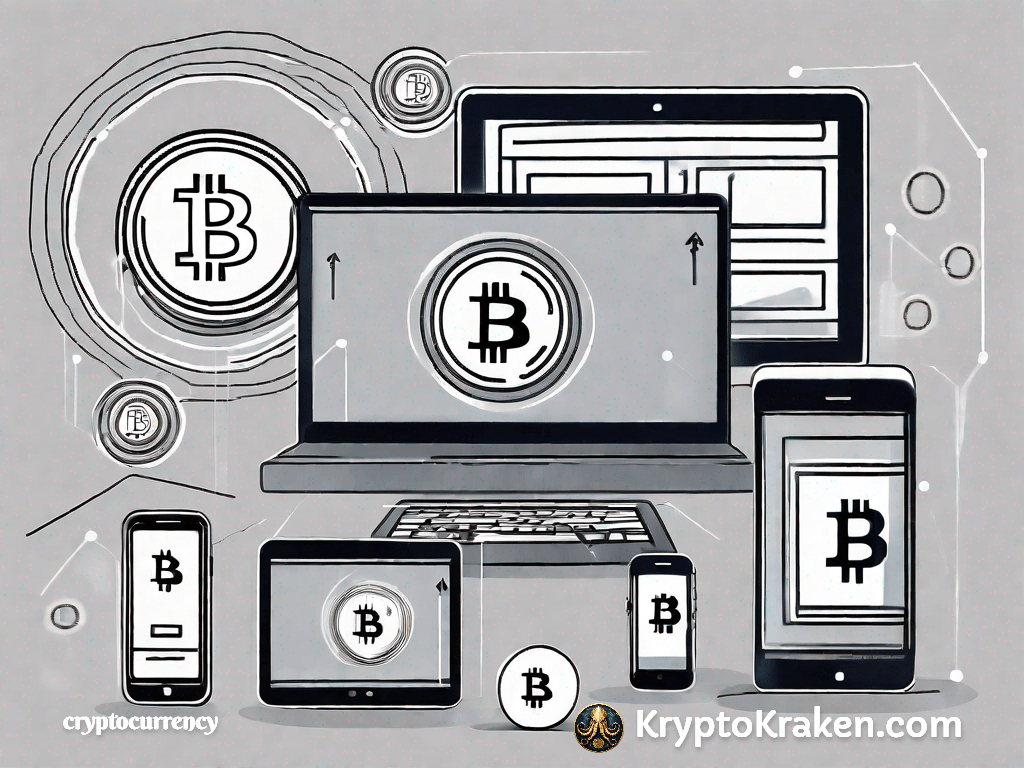
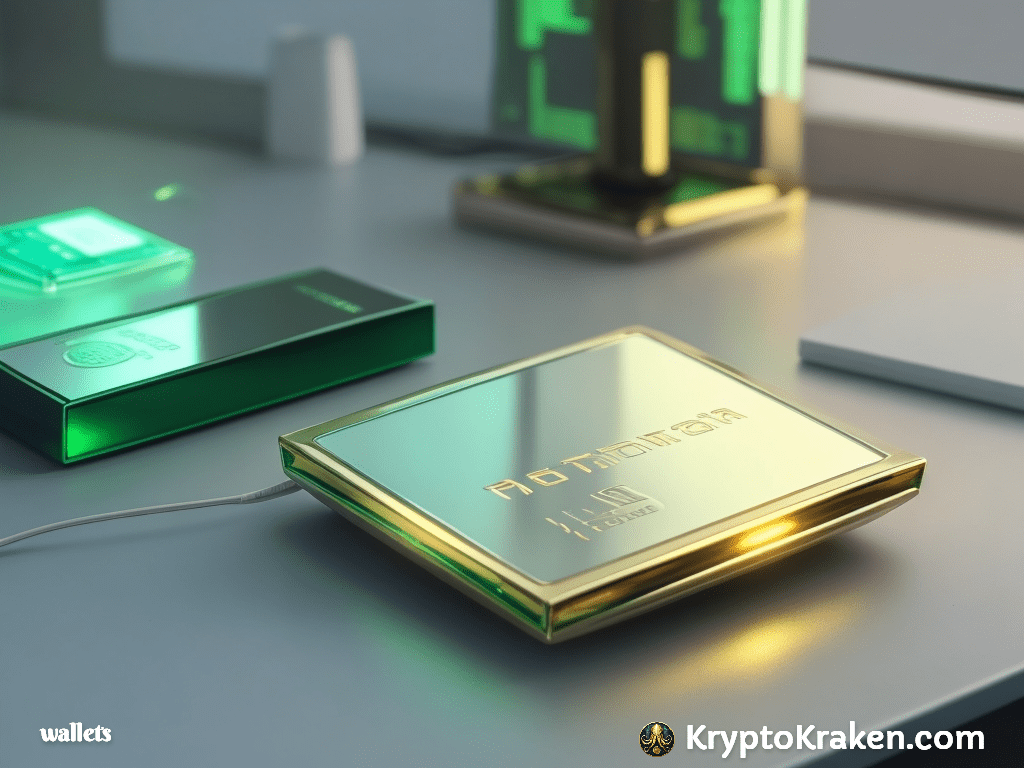
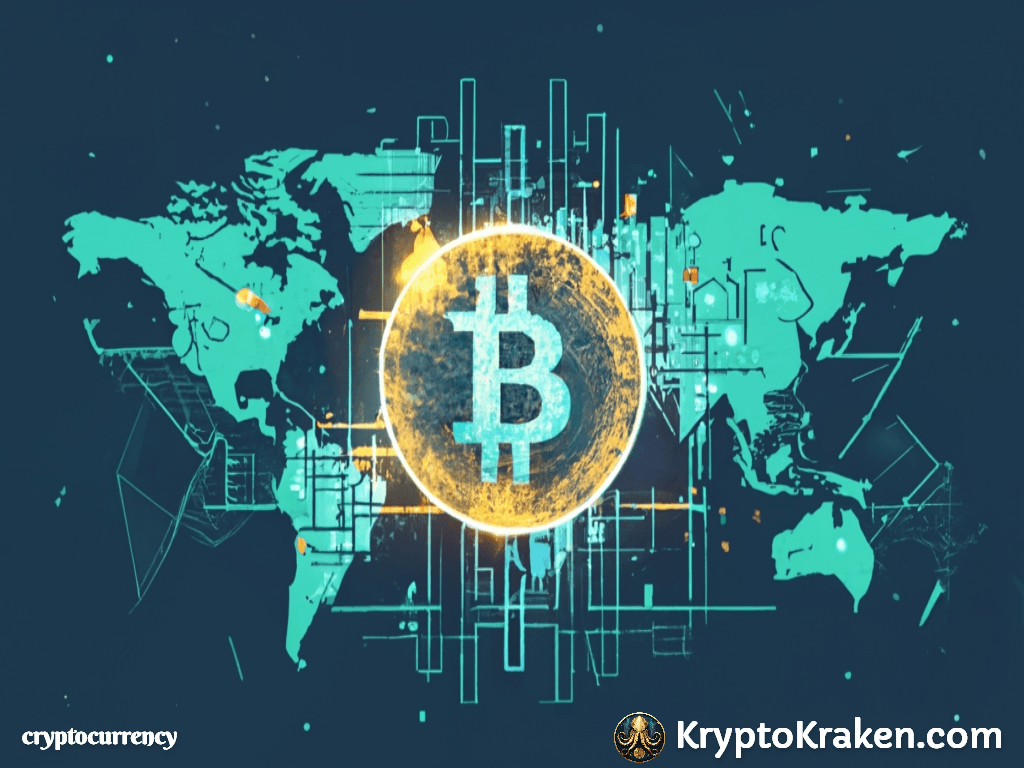
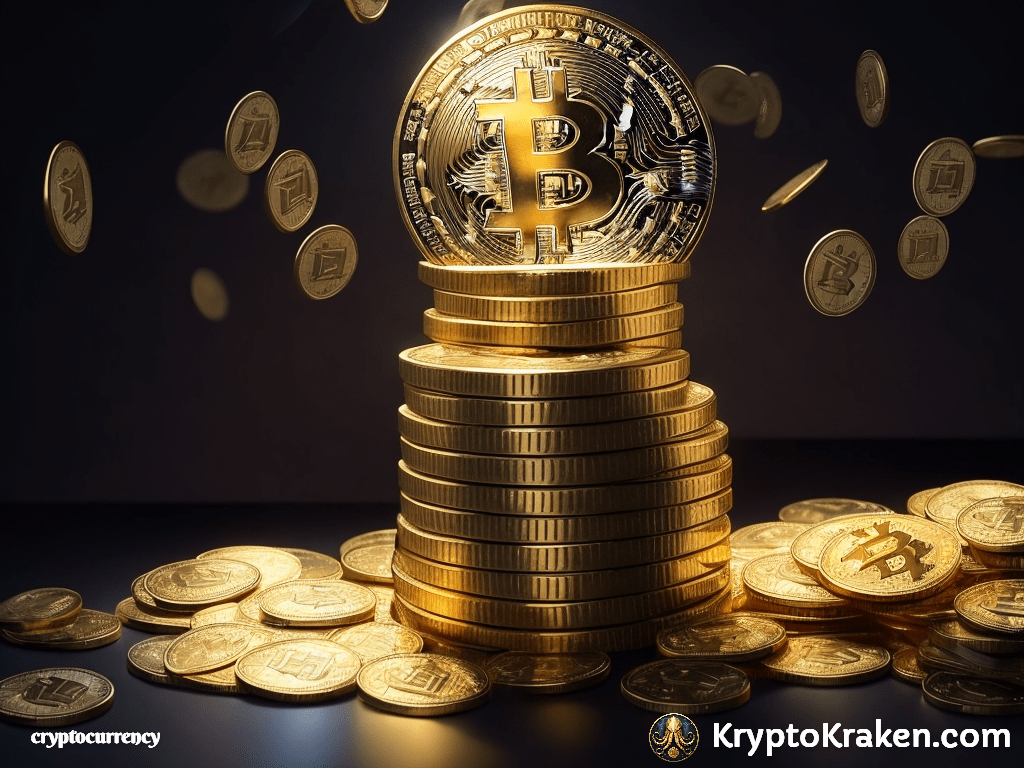

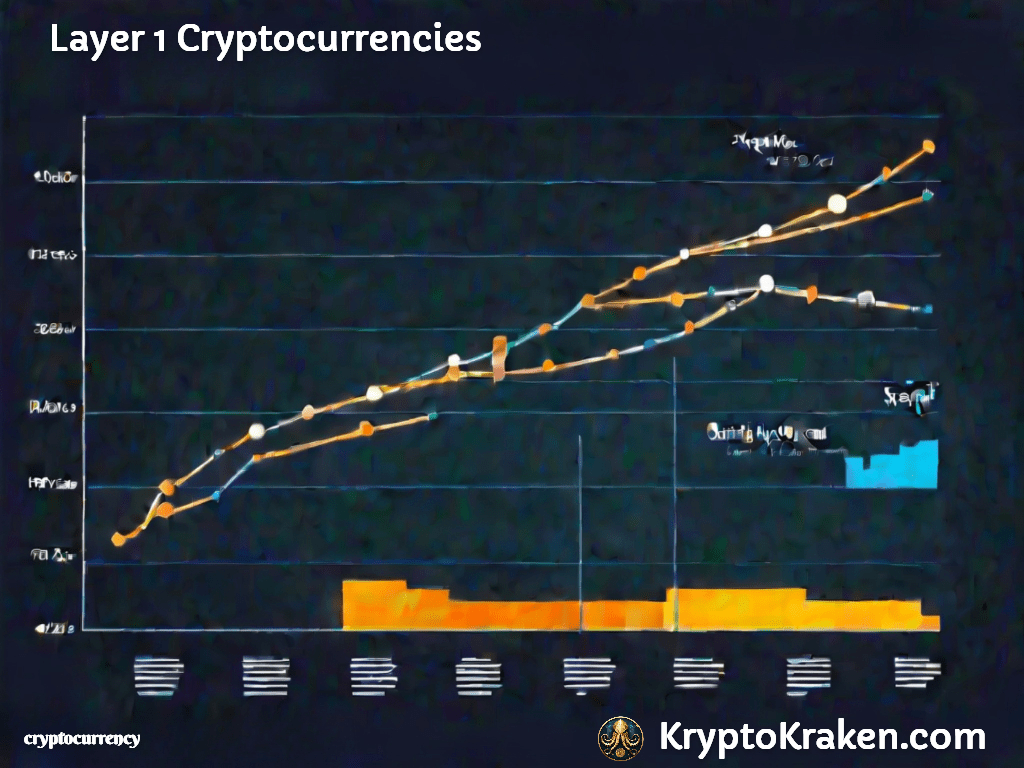

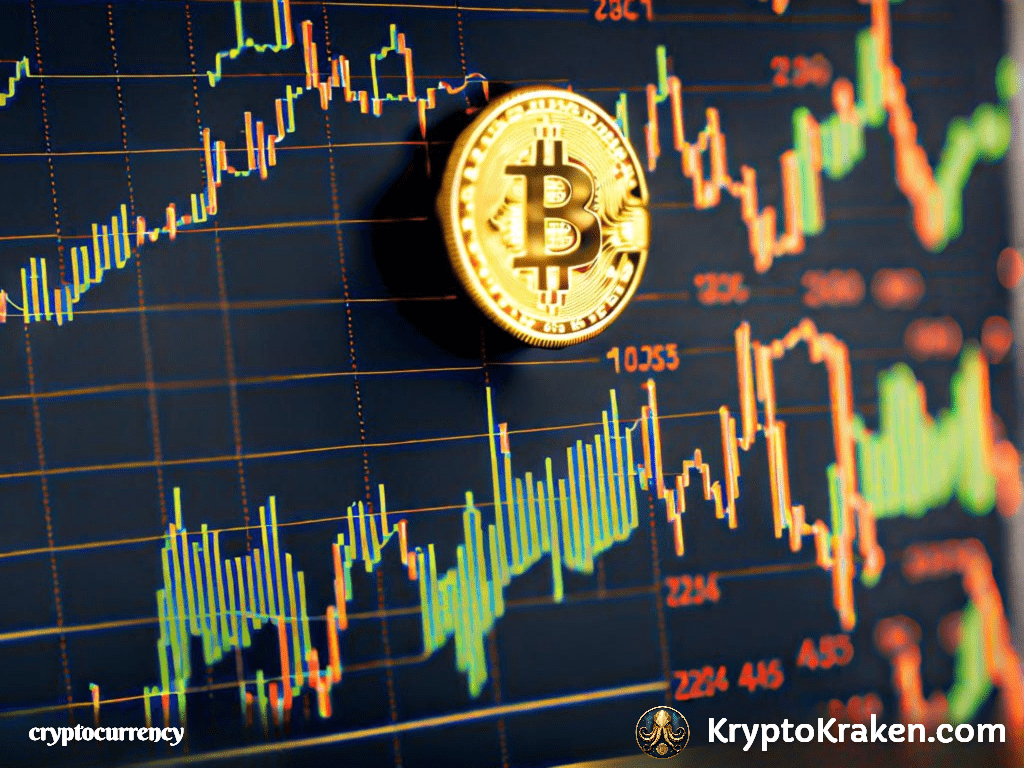
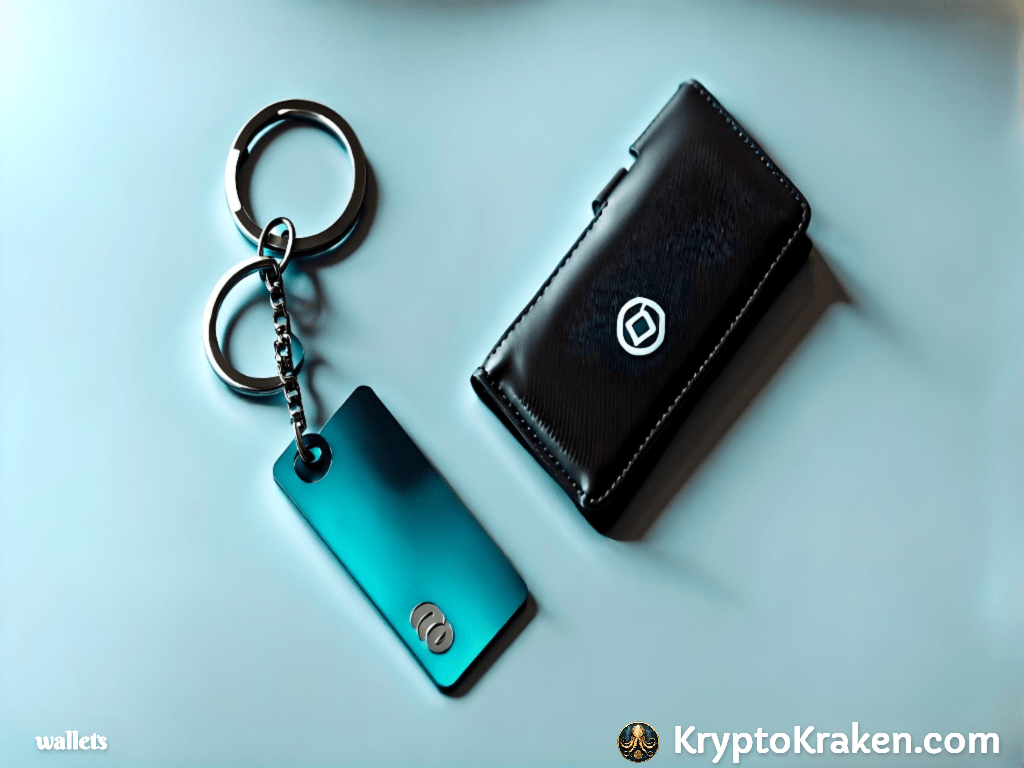


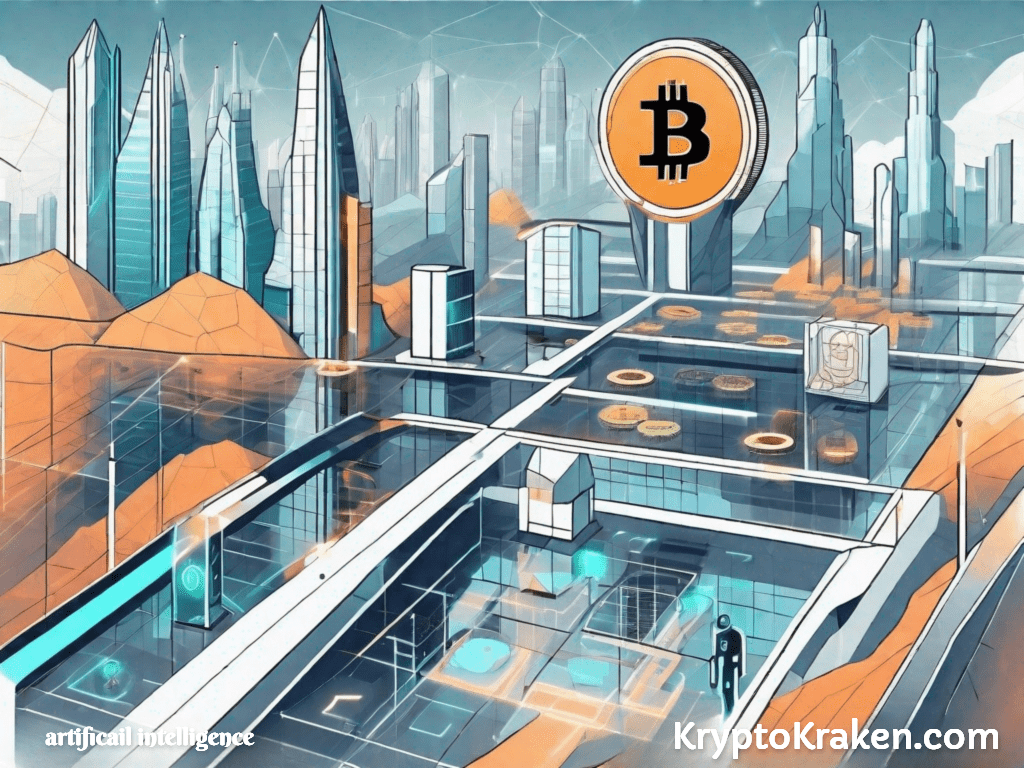
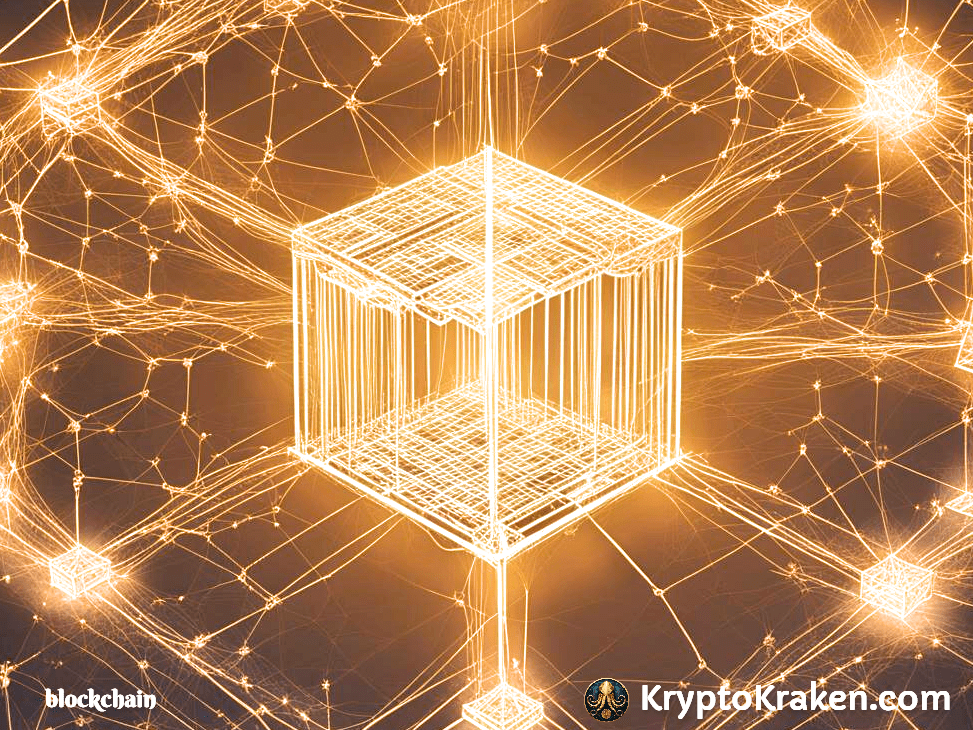

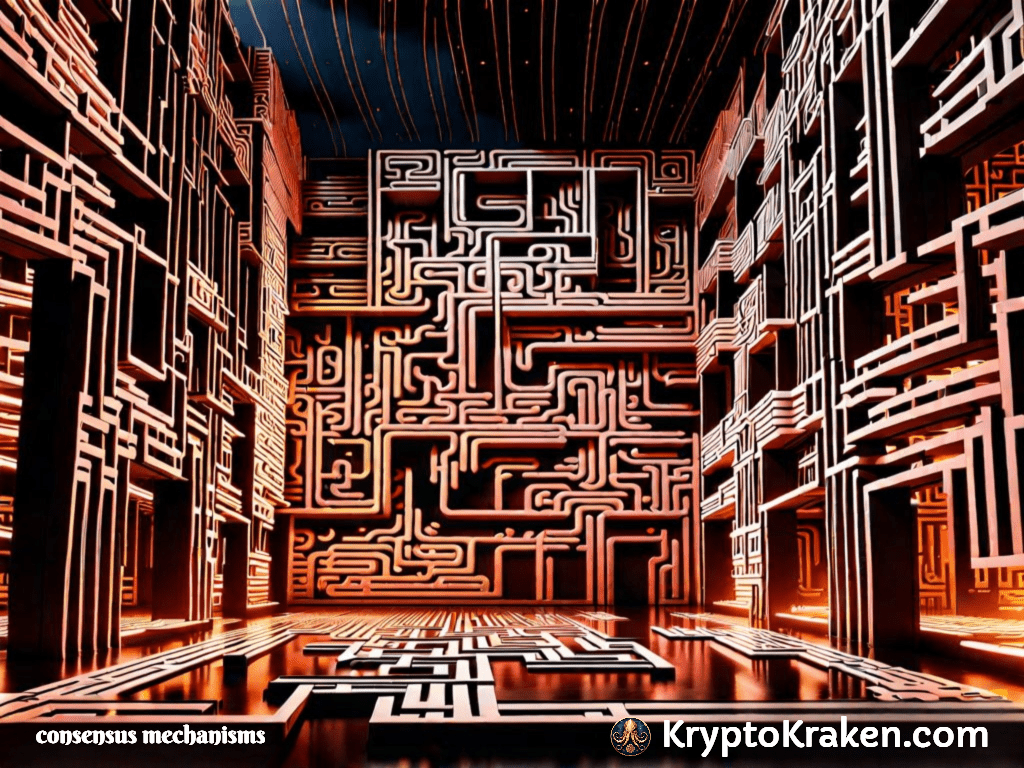

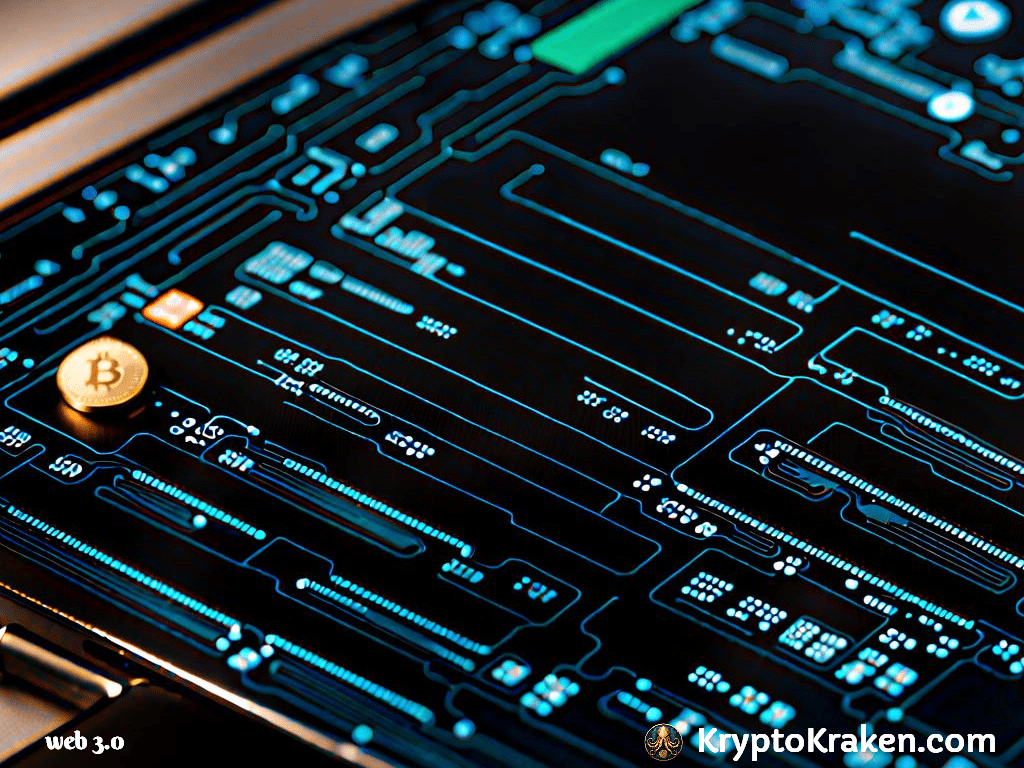
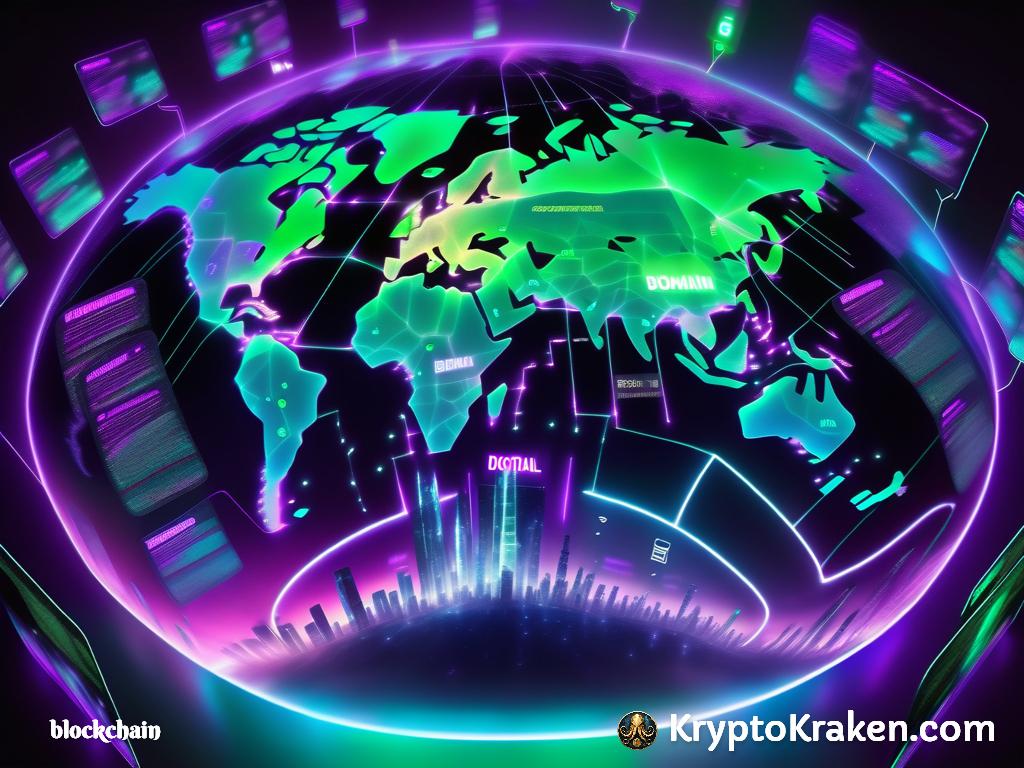
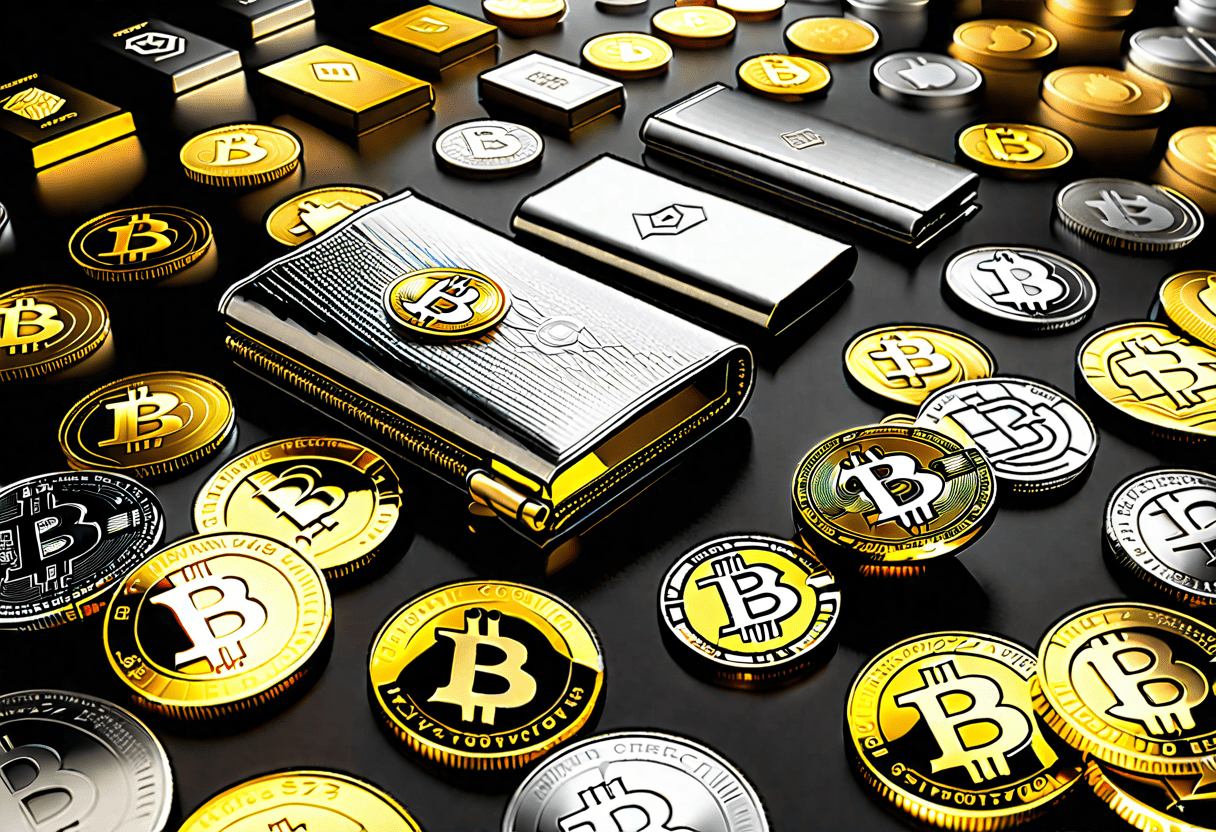


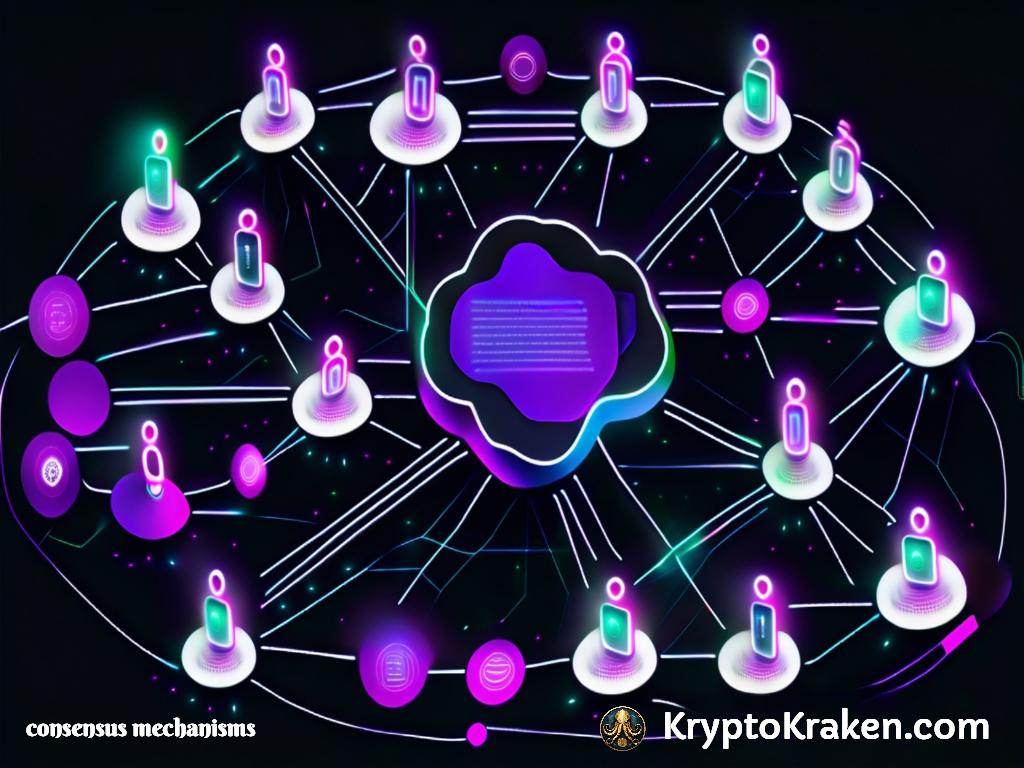
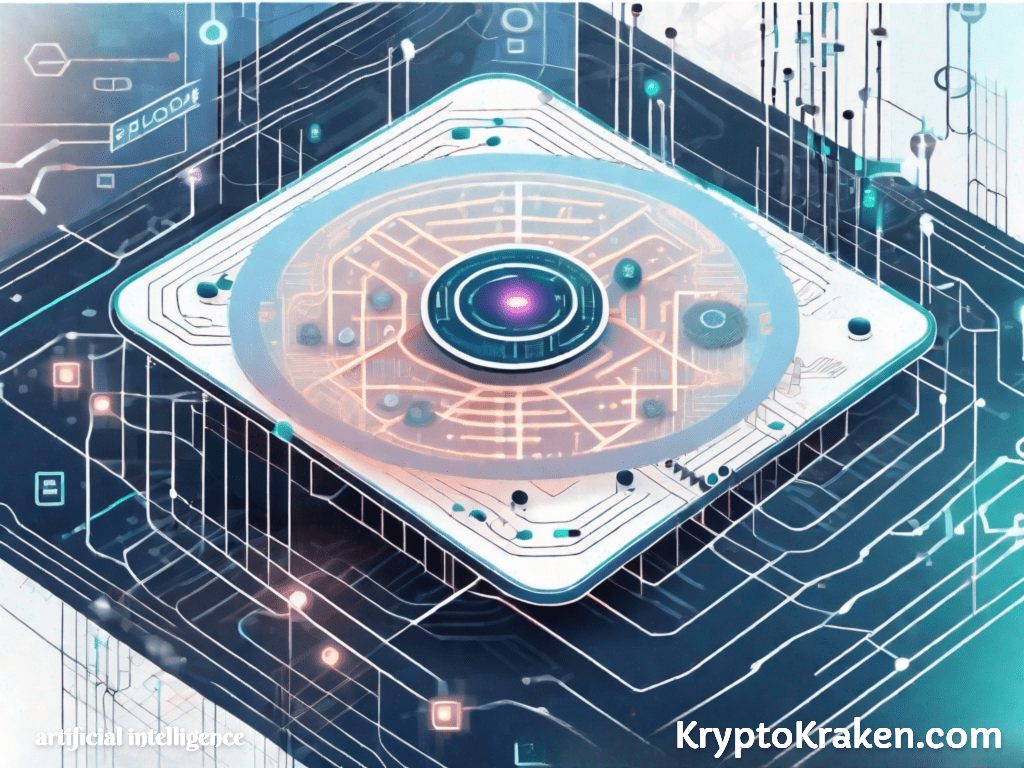
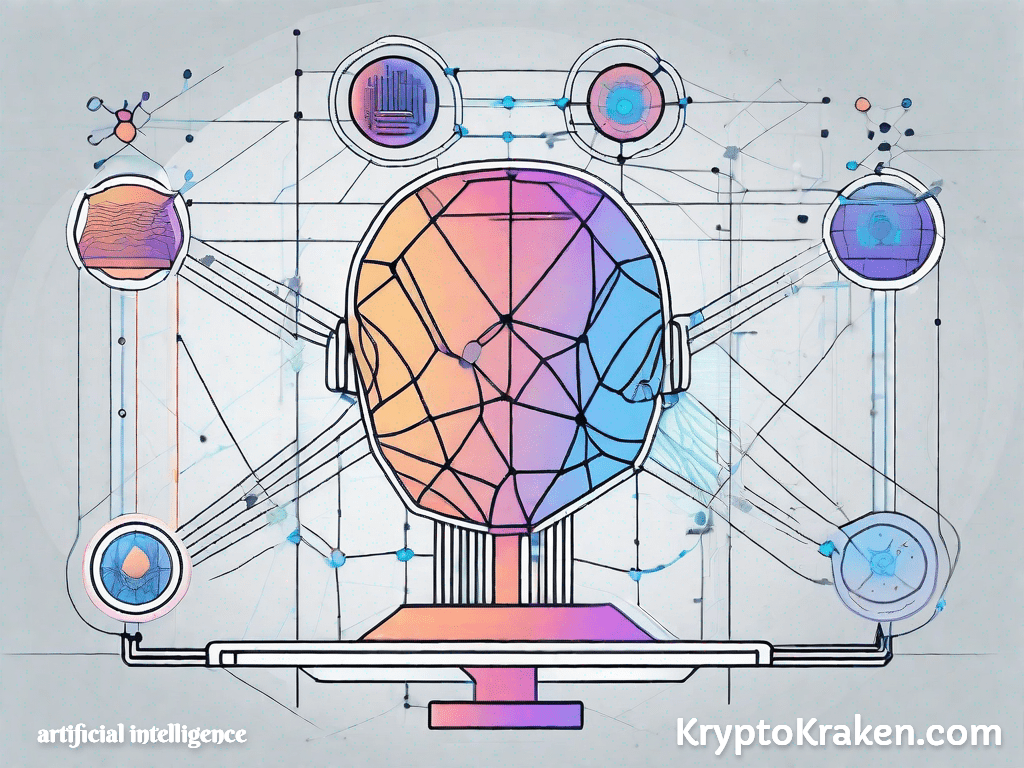
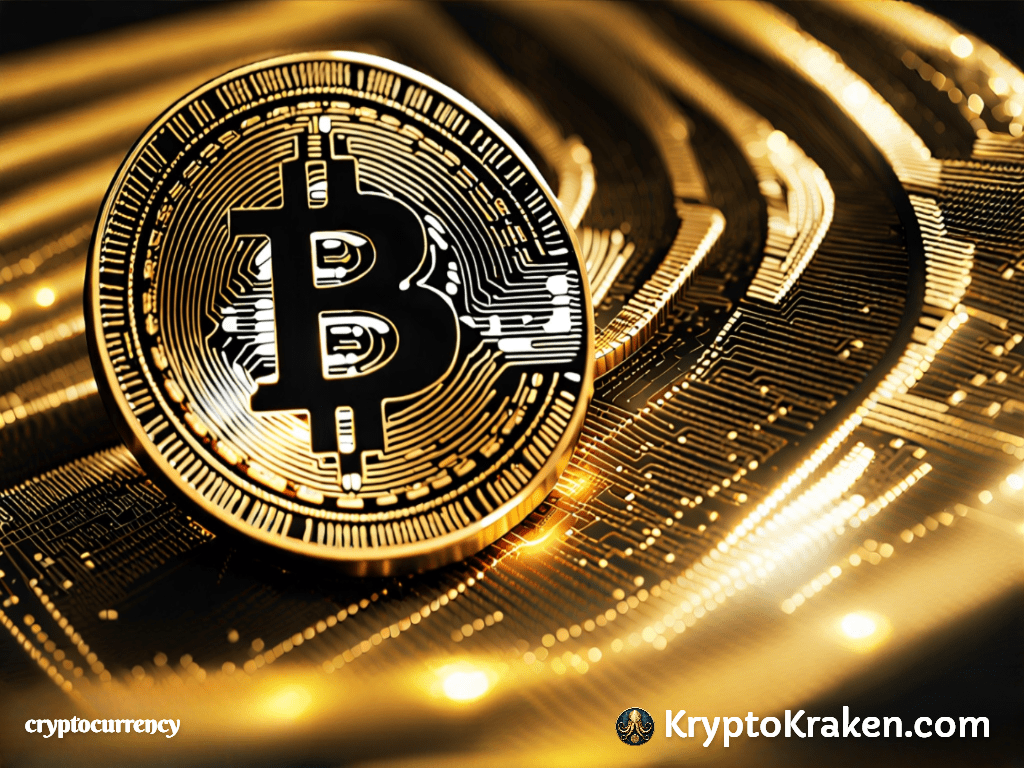



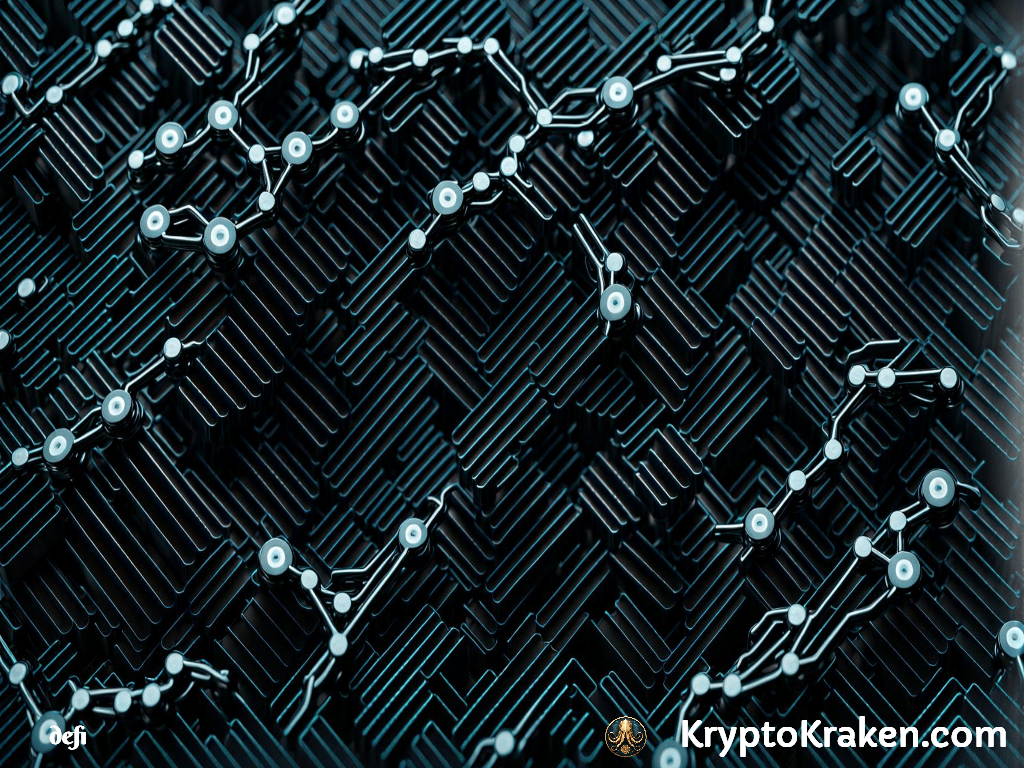
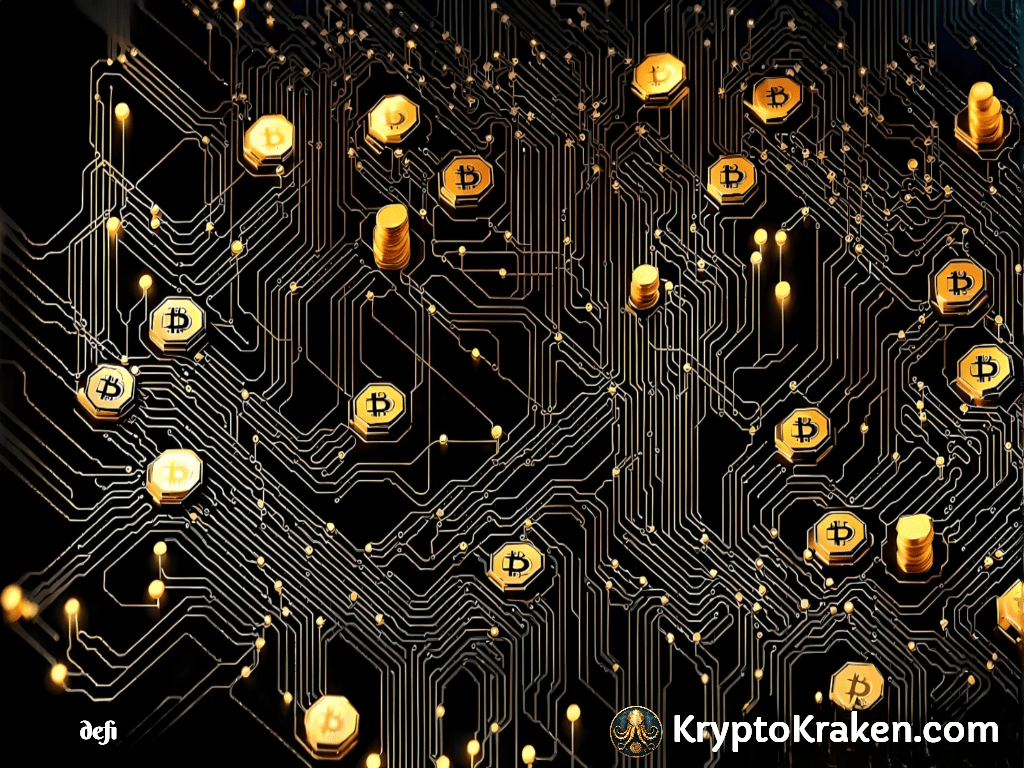

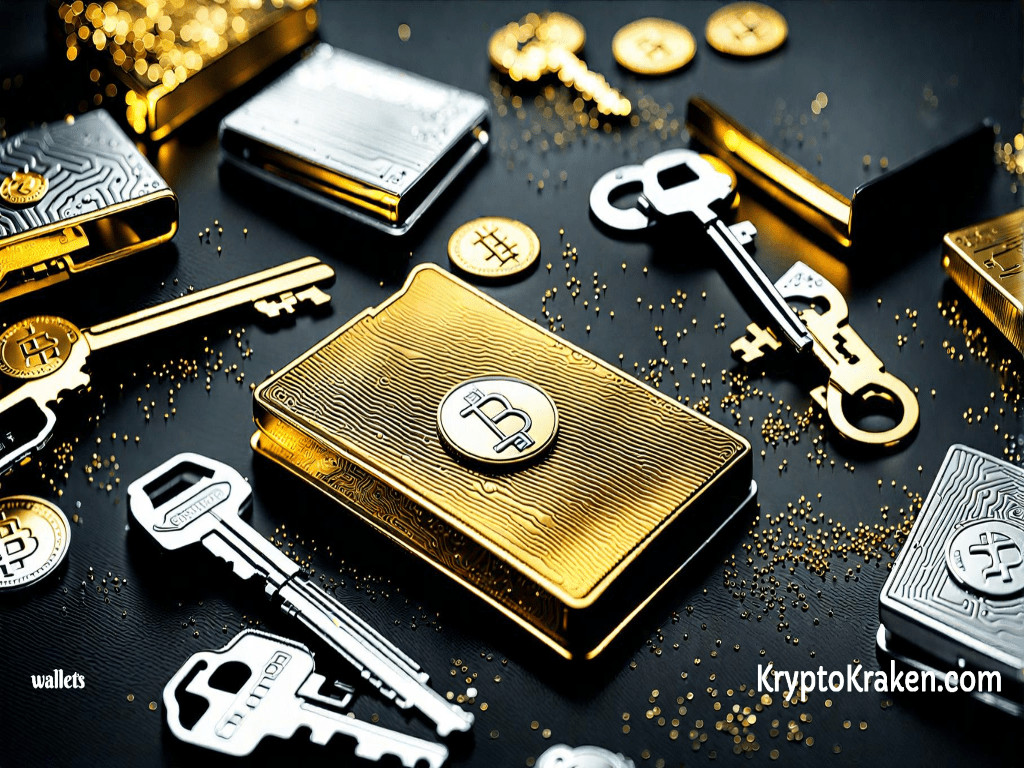
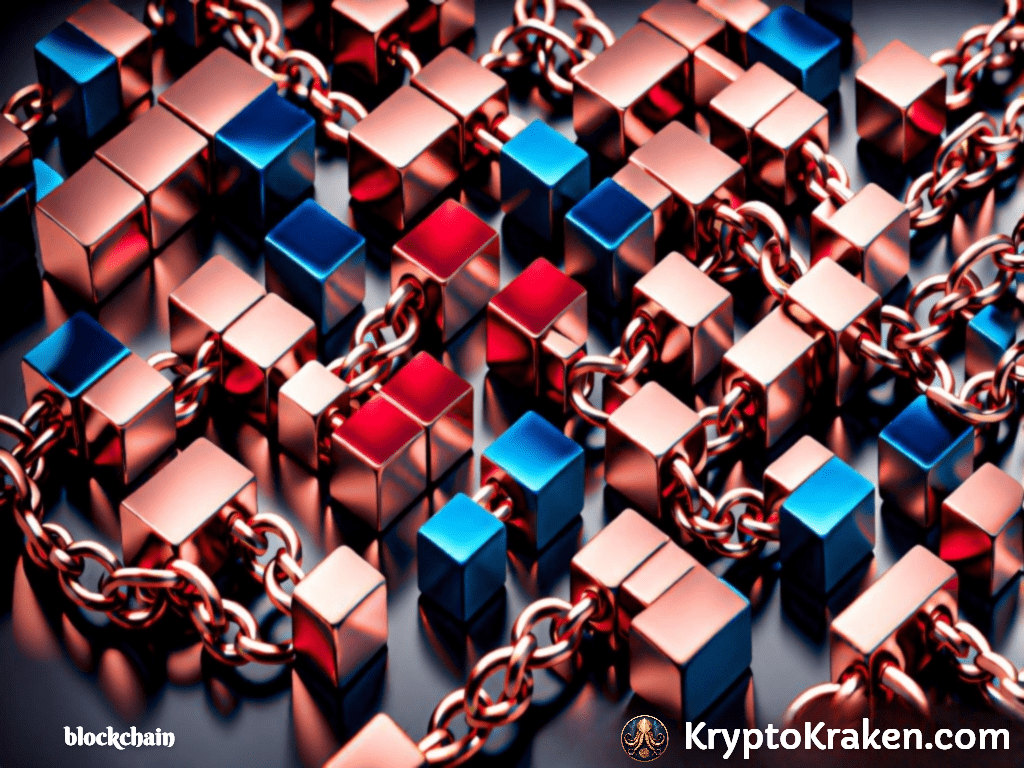
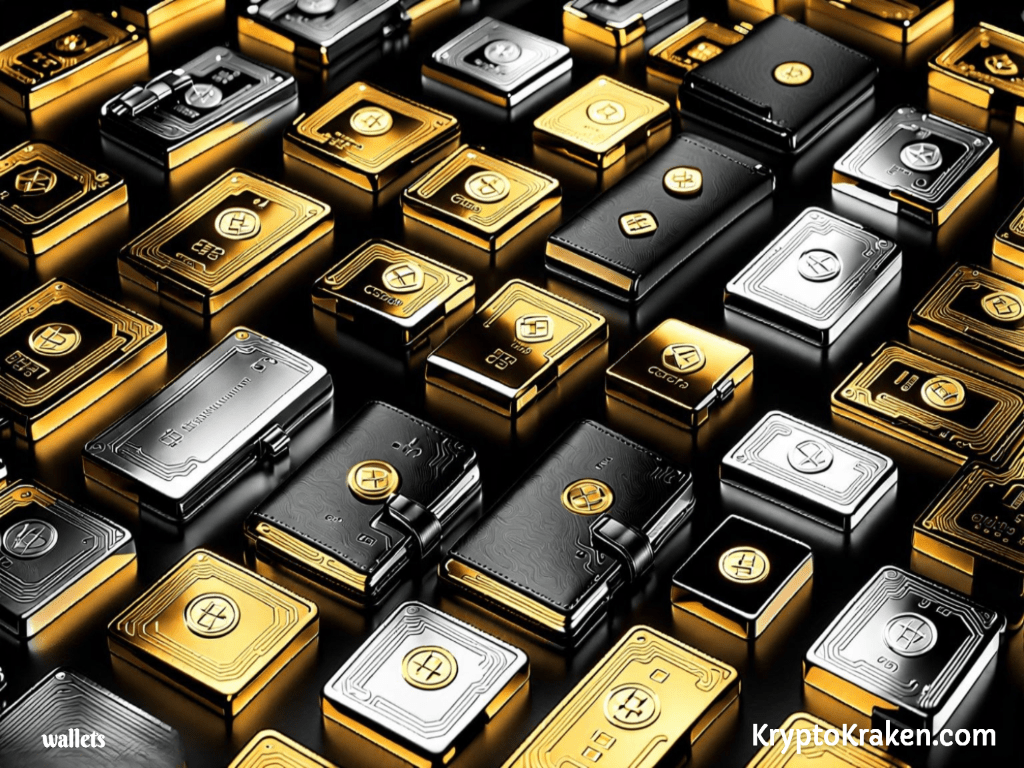
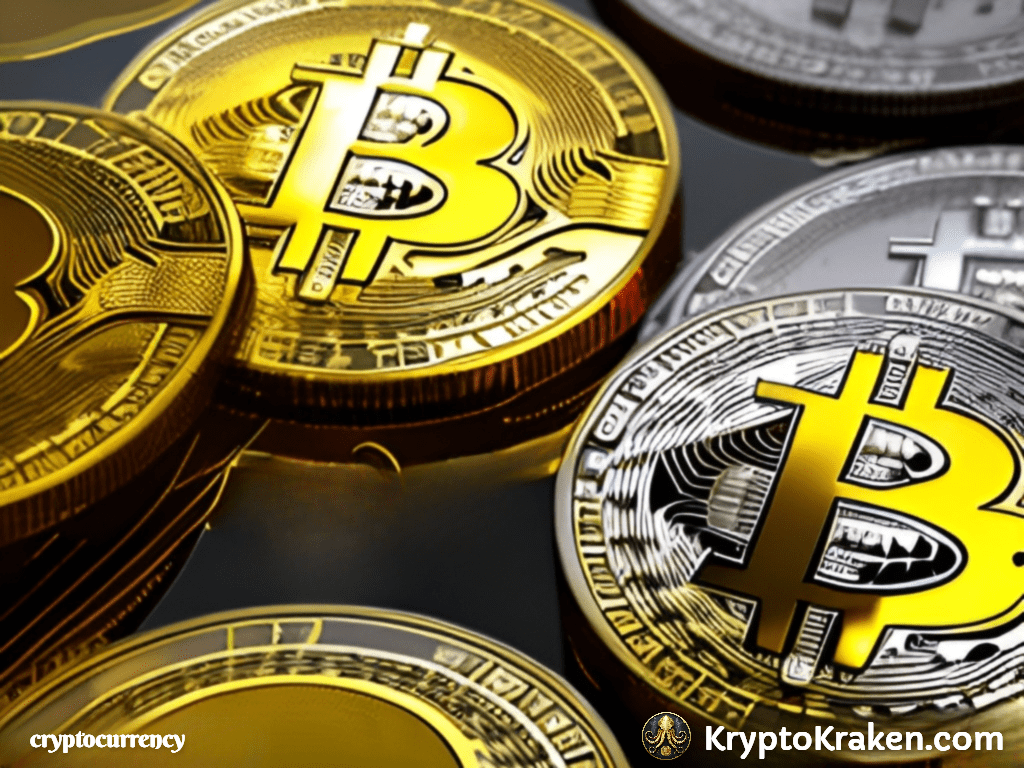
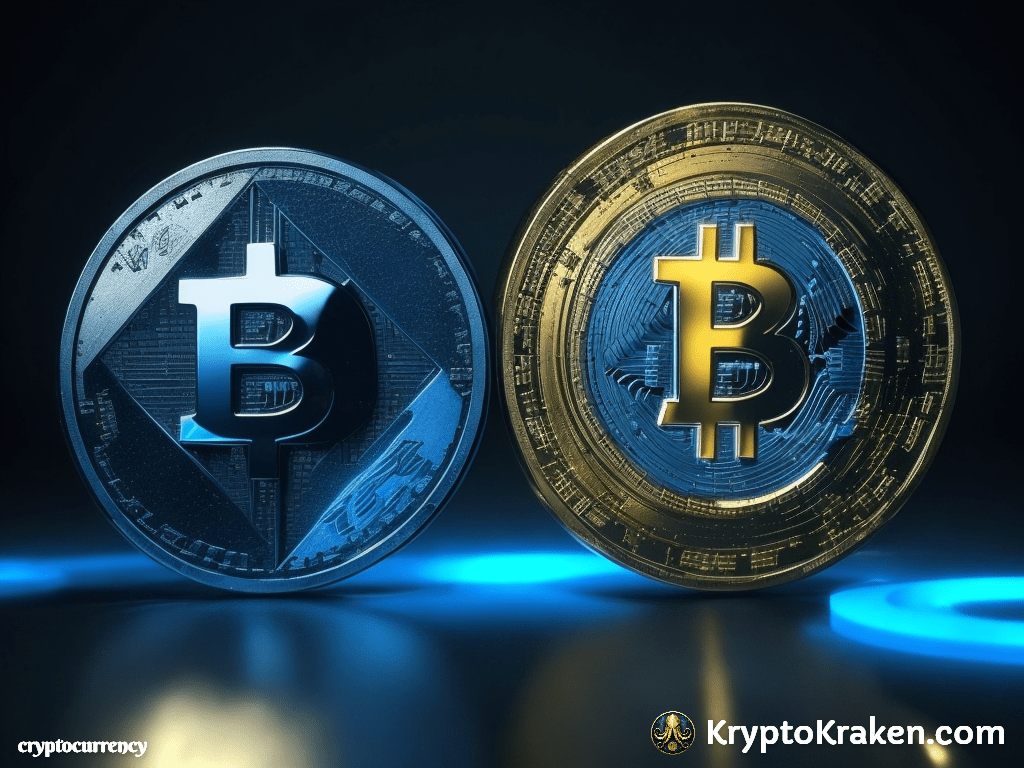
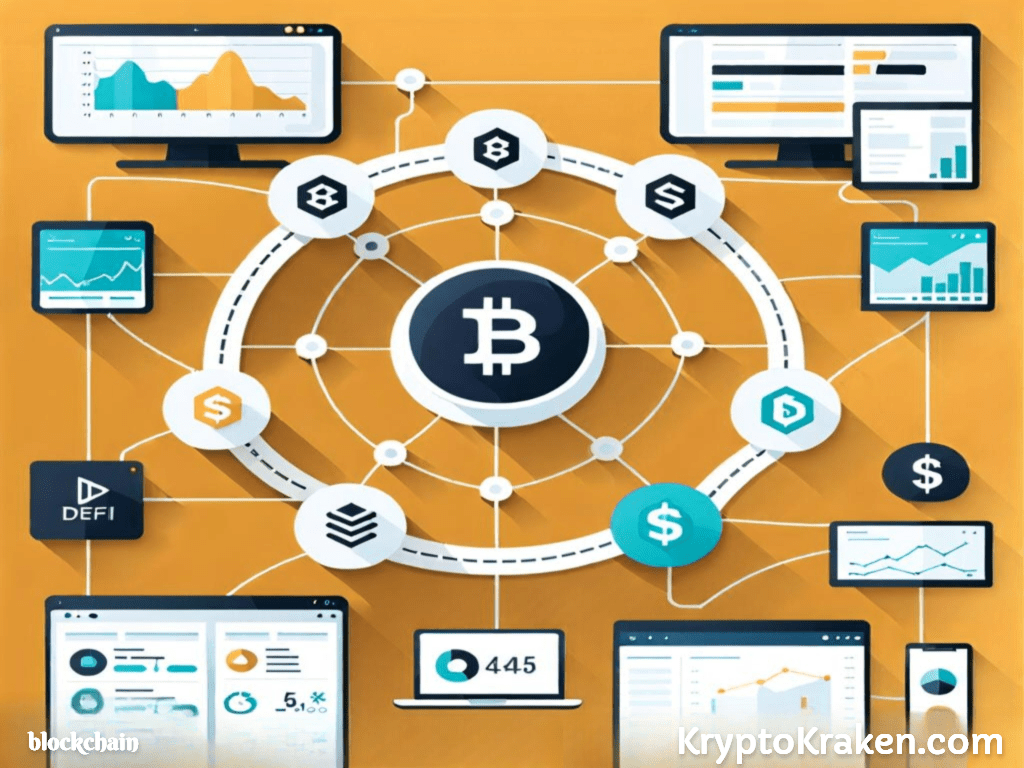
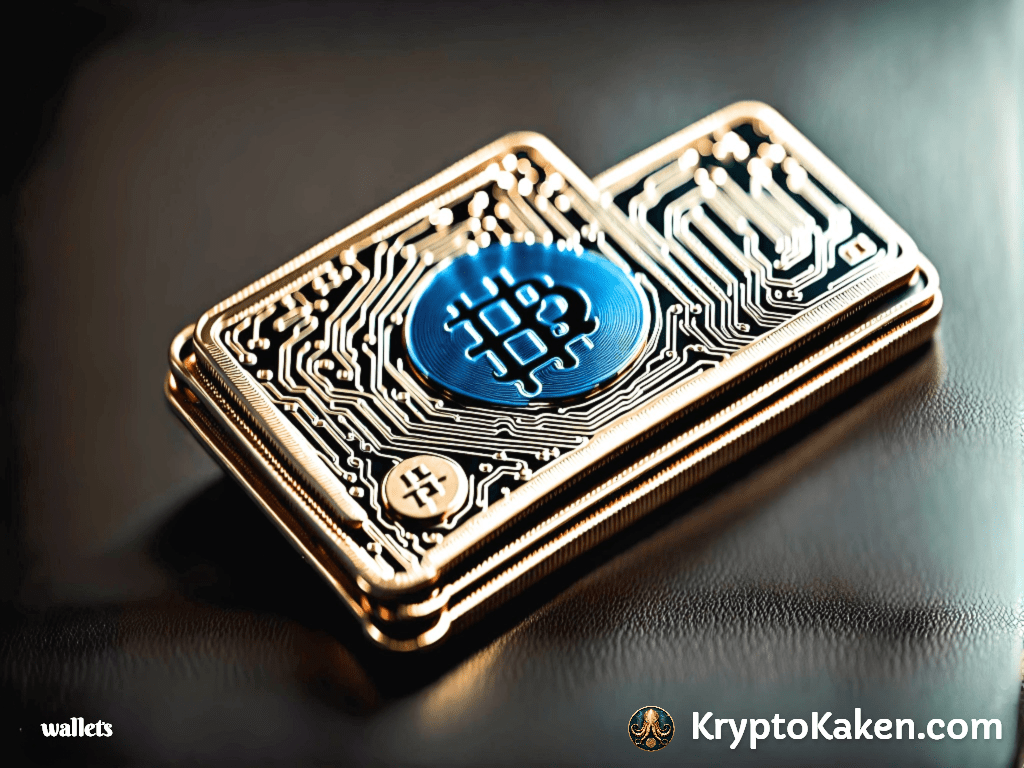


2 comments on “What Is a DeFi Wallet? An Overview of Decentralized Finance Wallets”